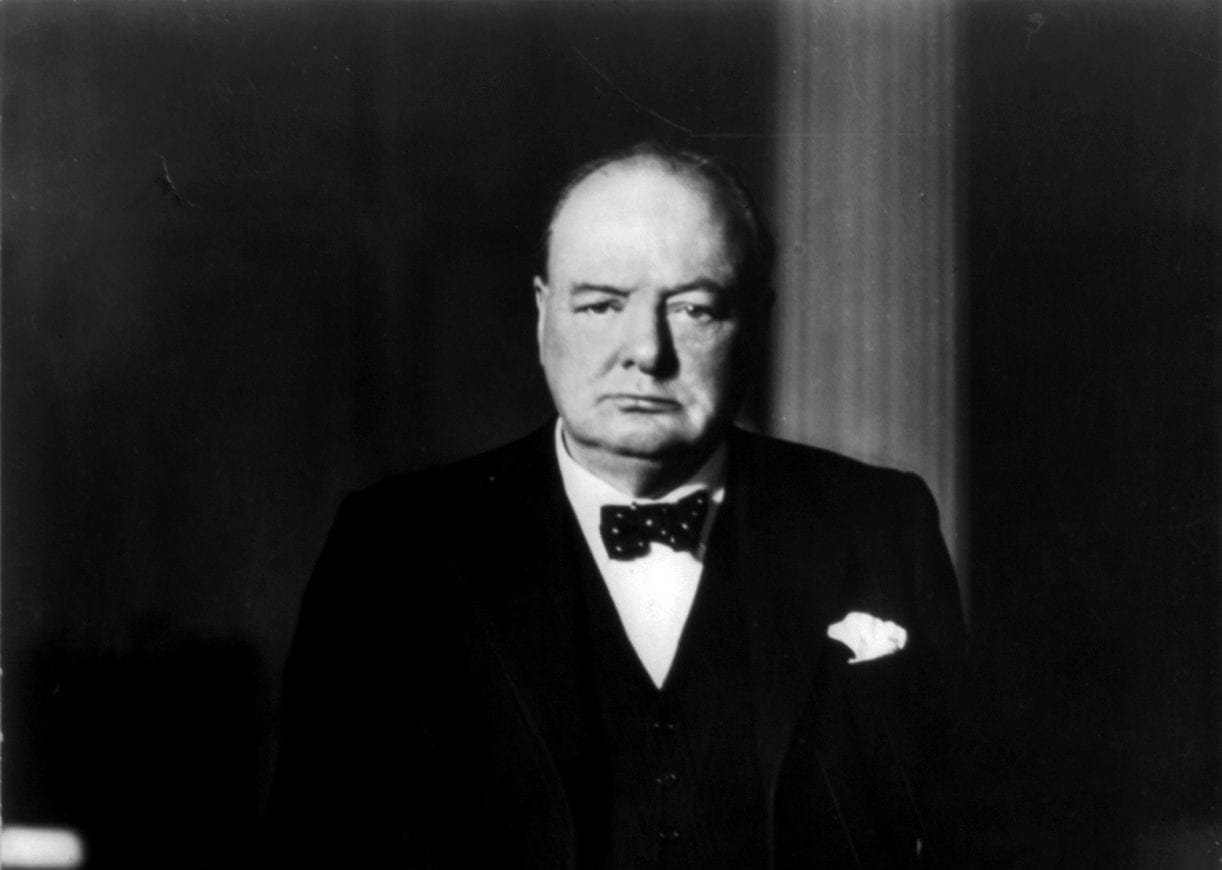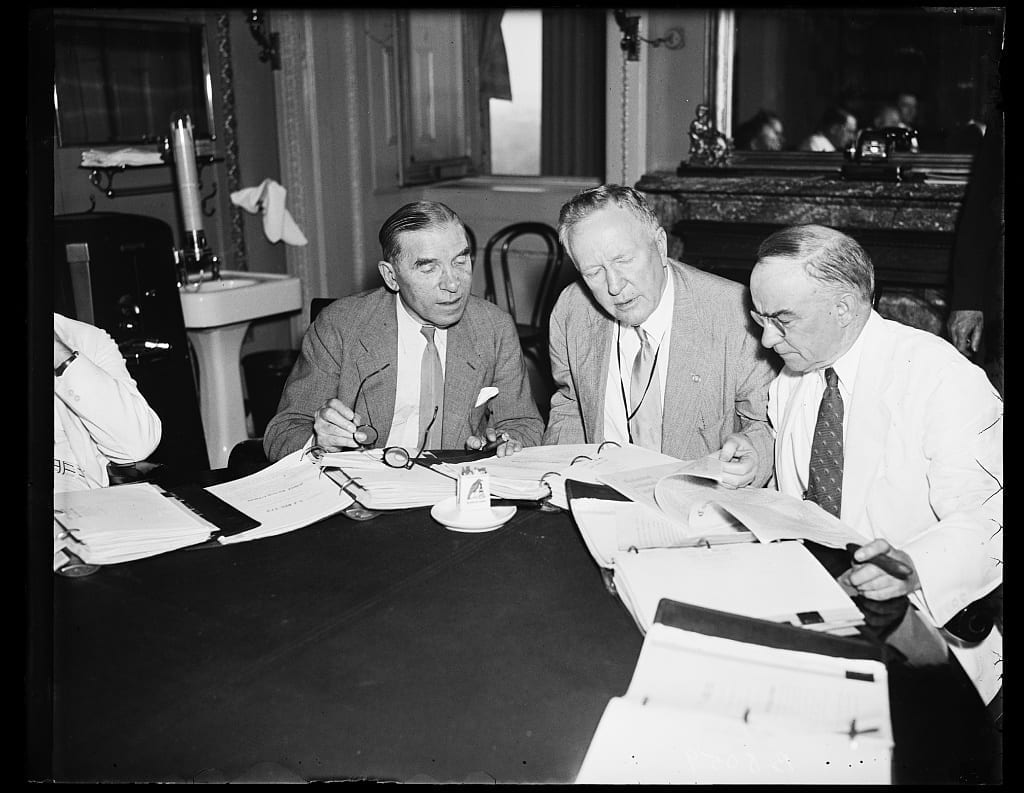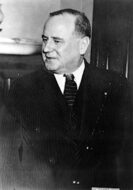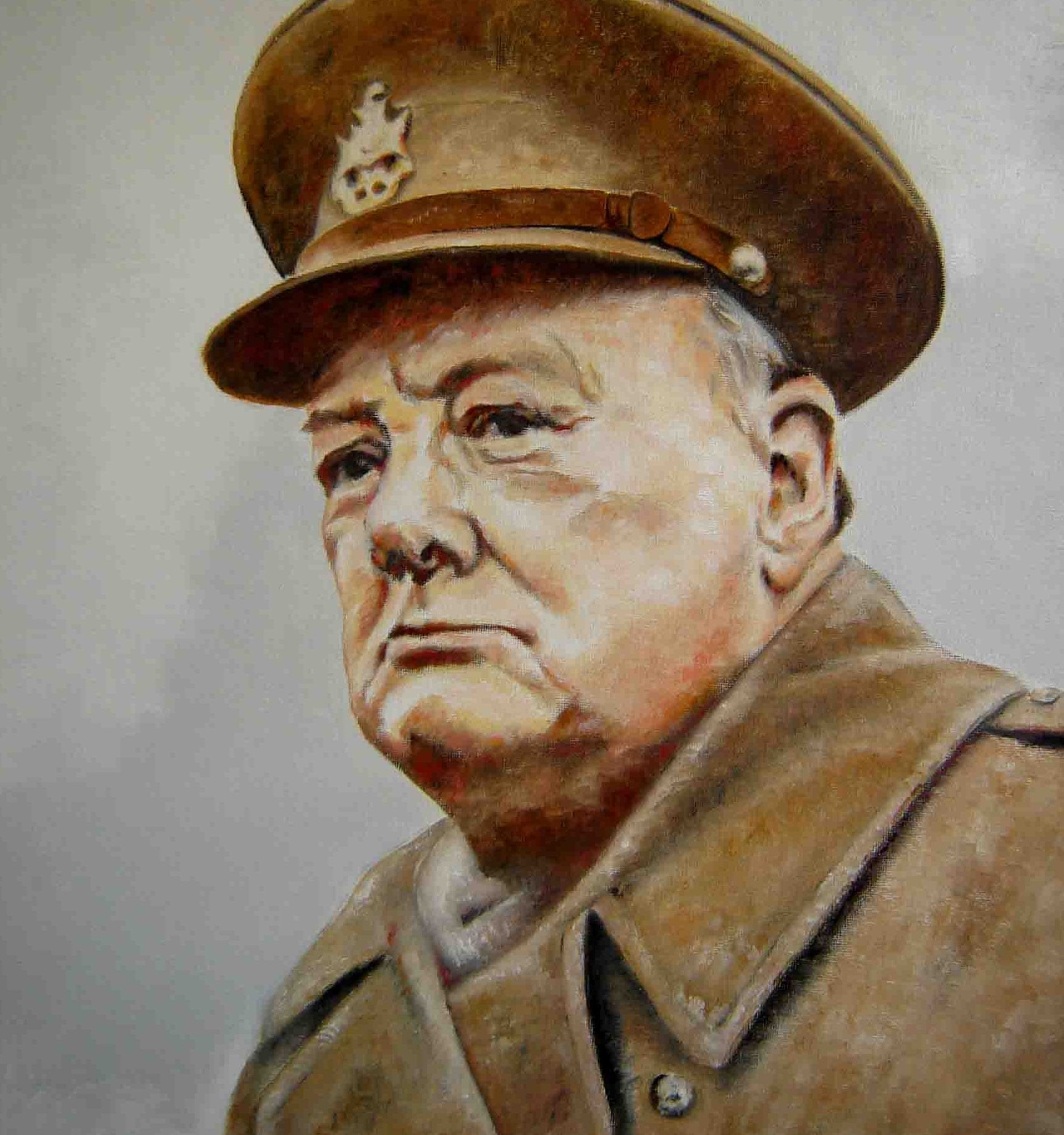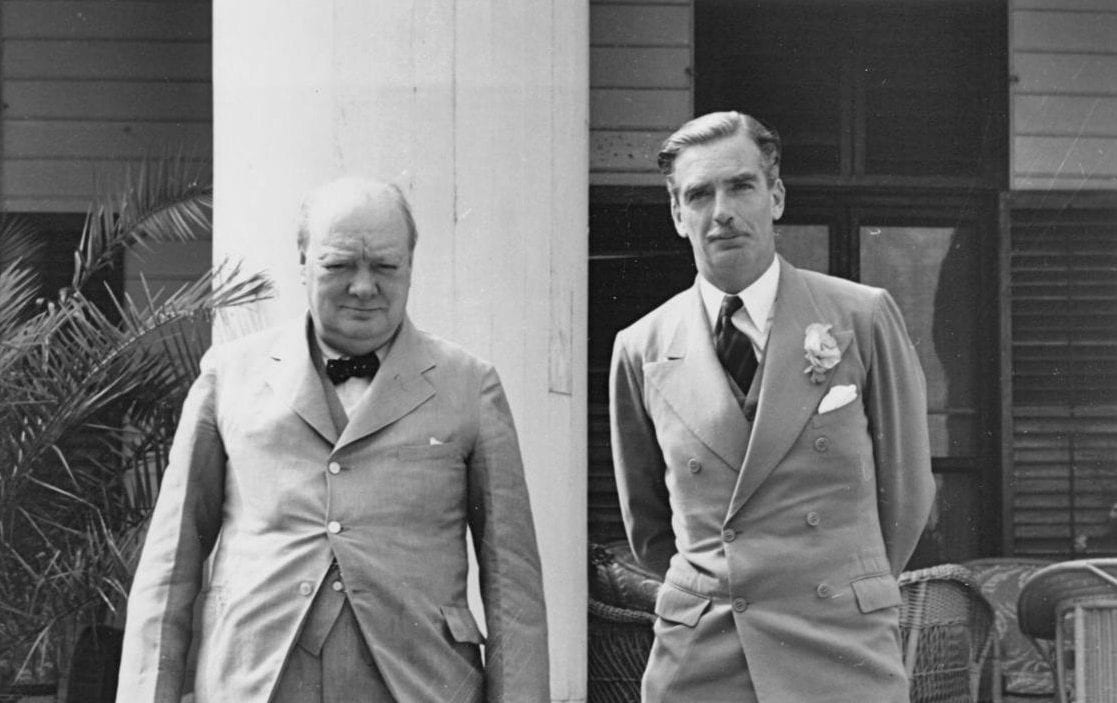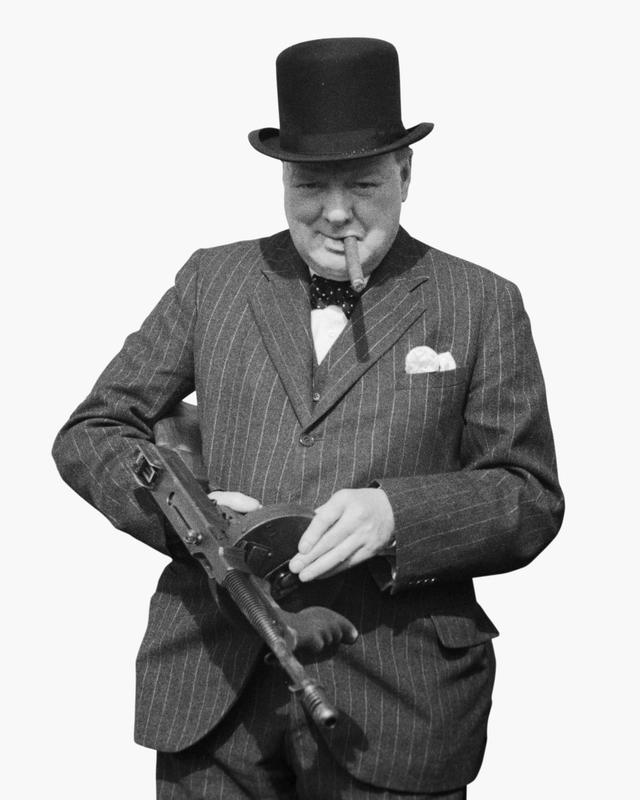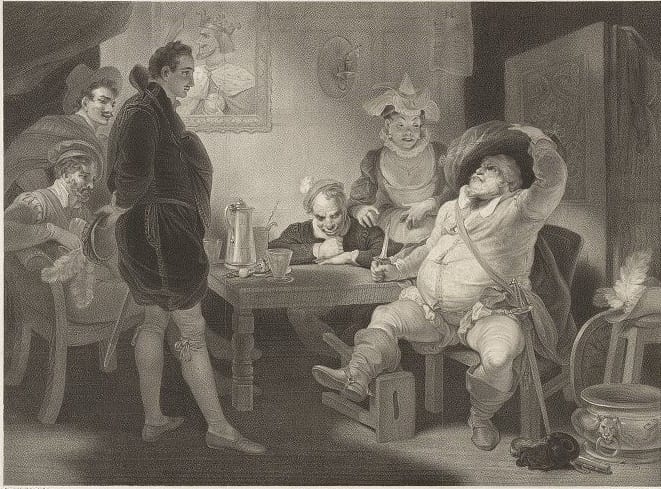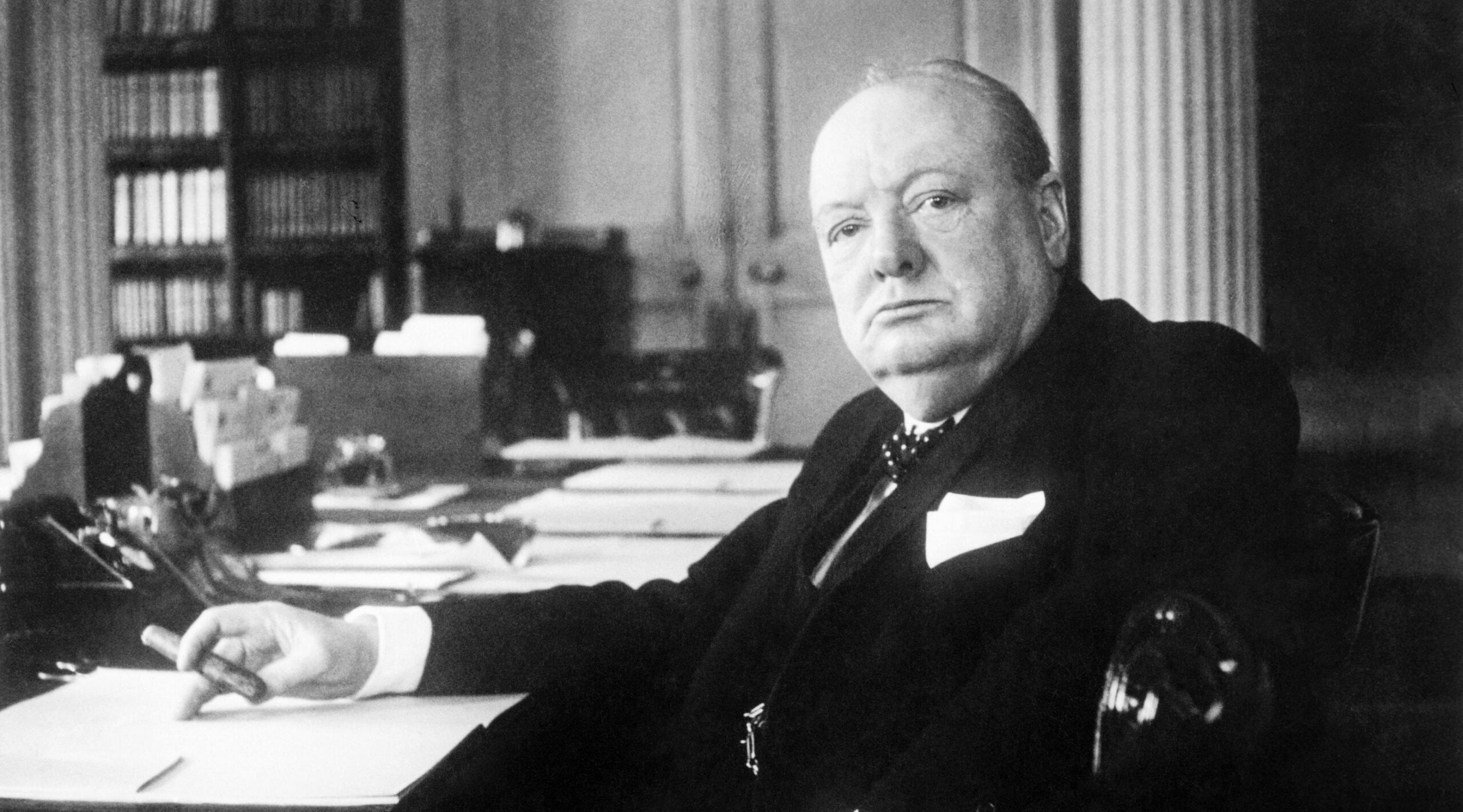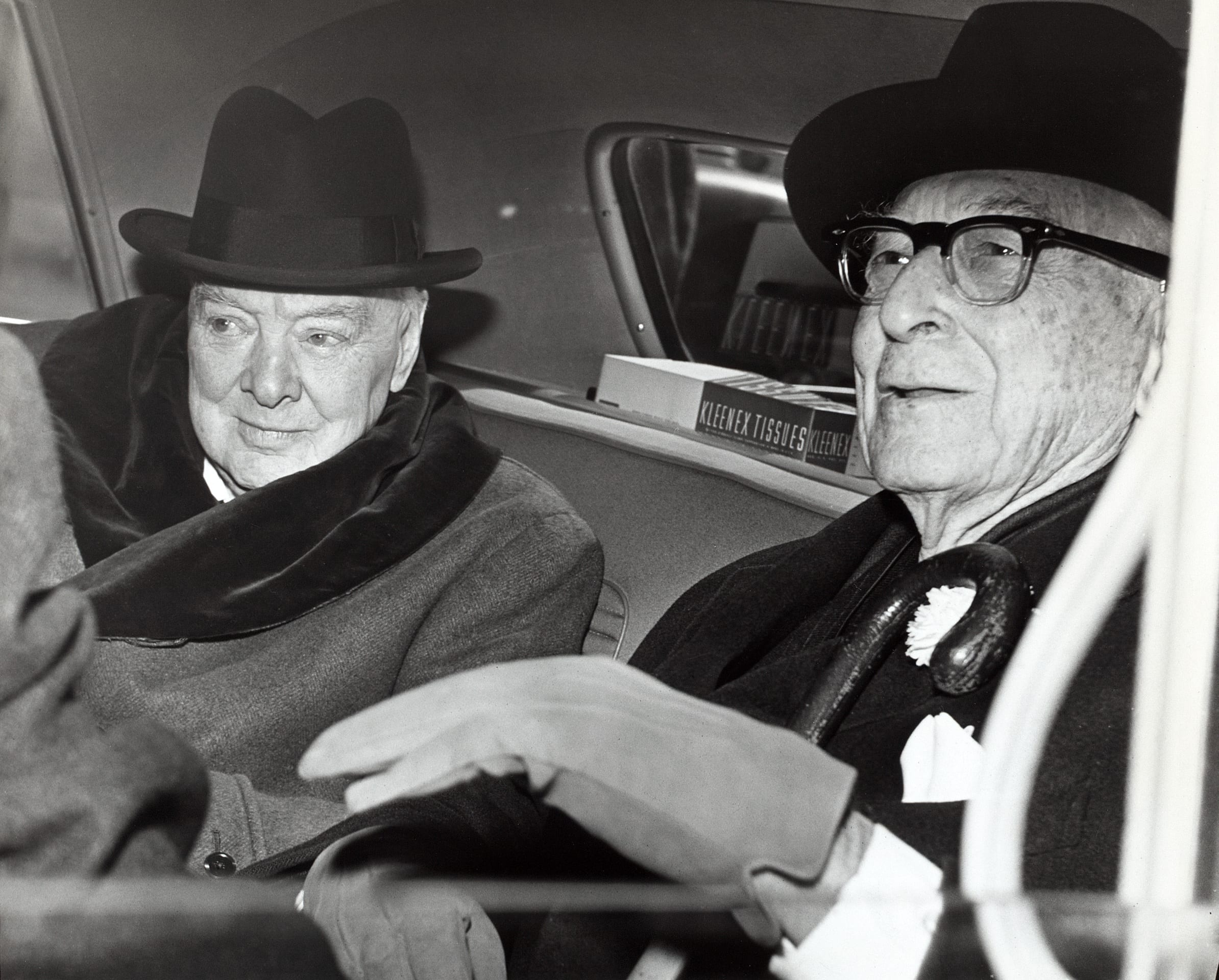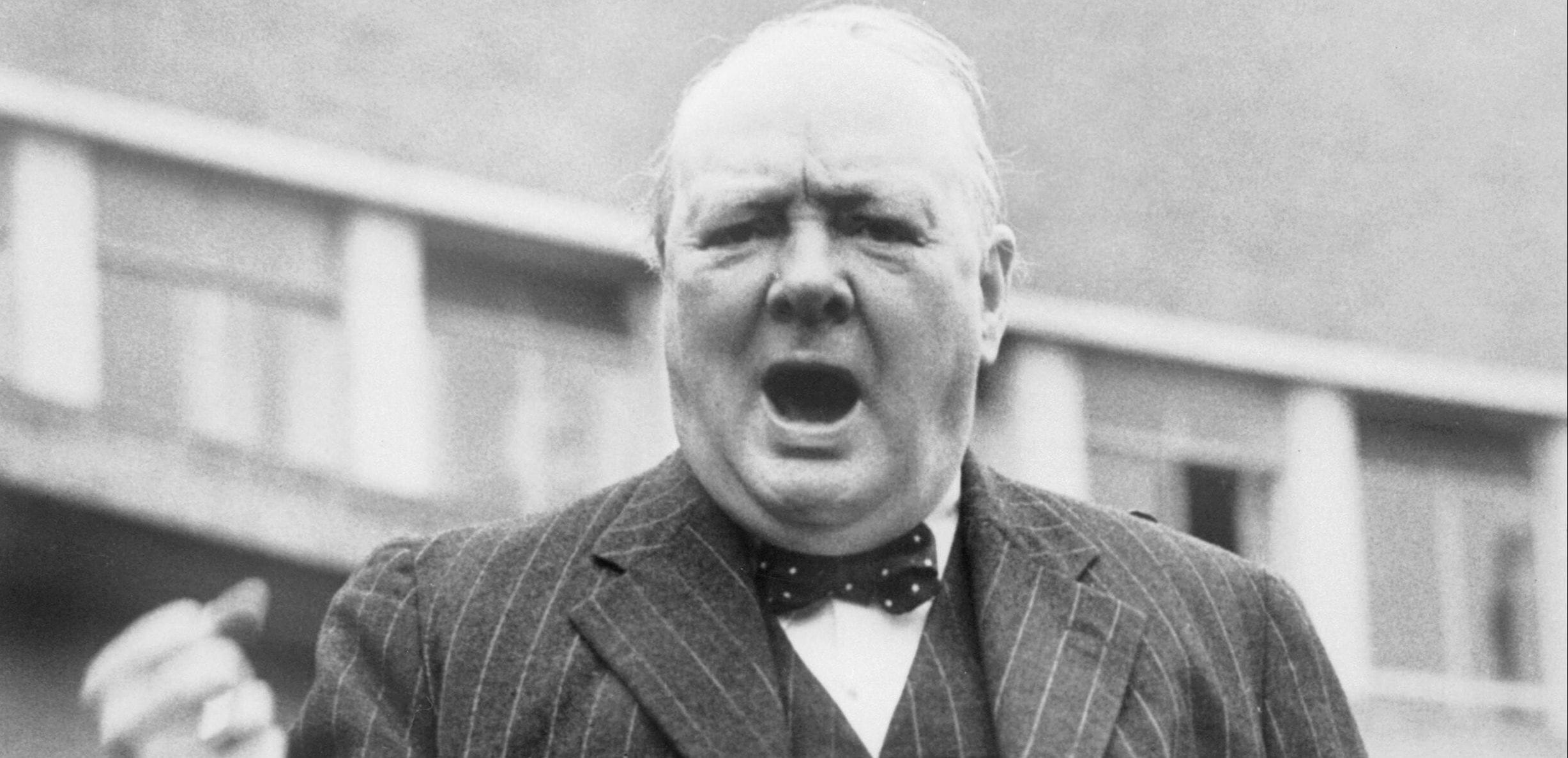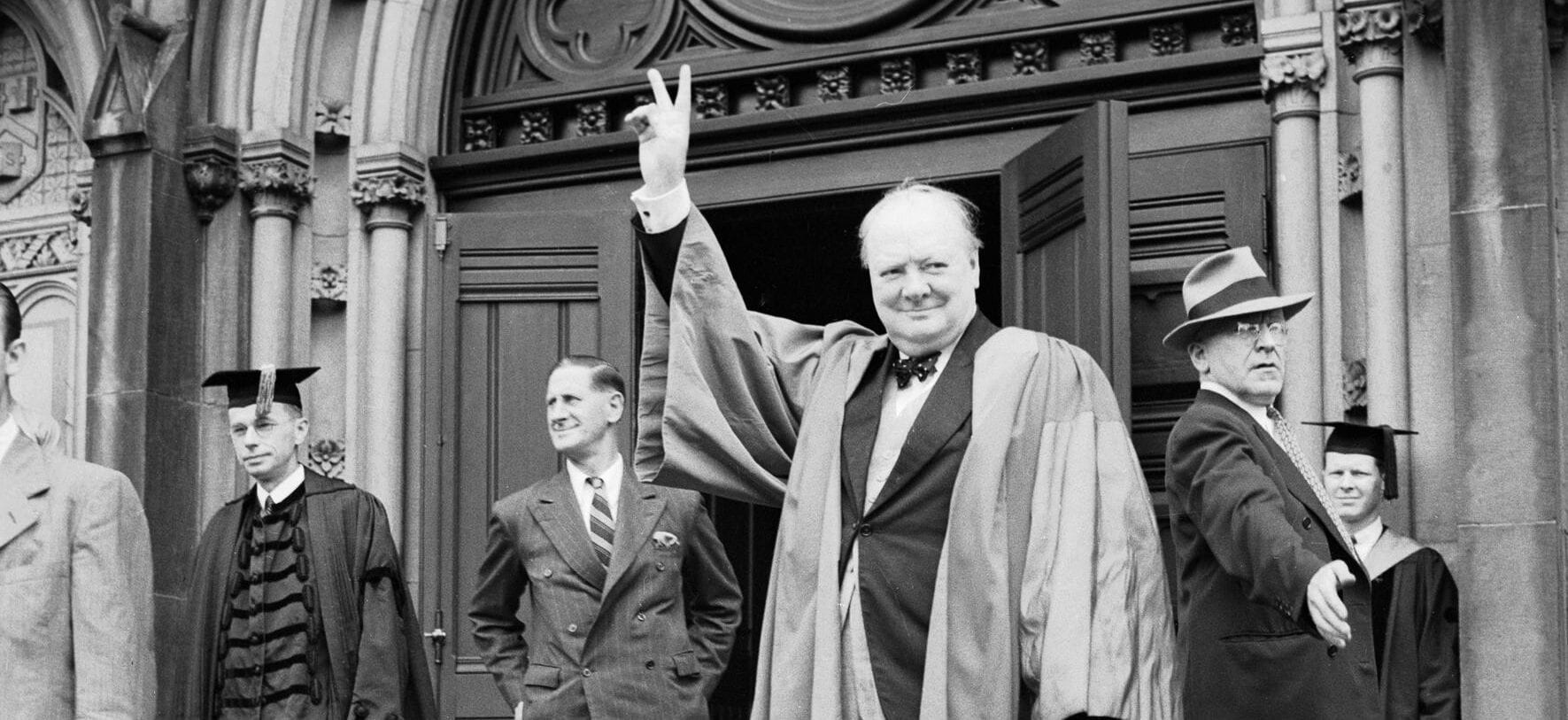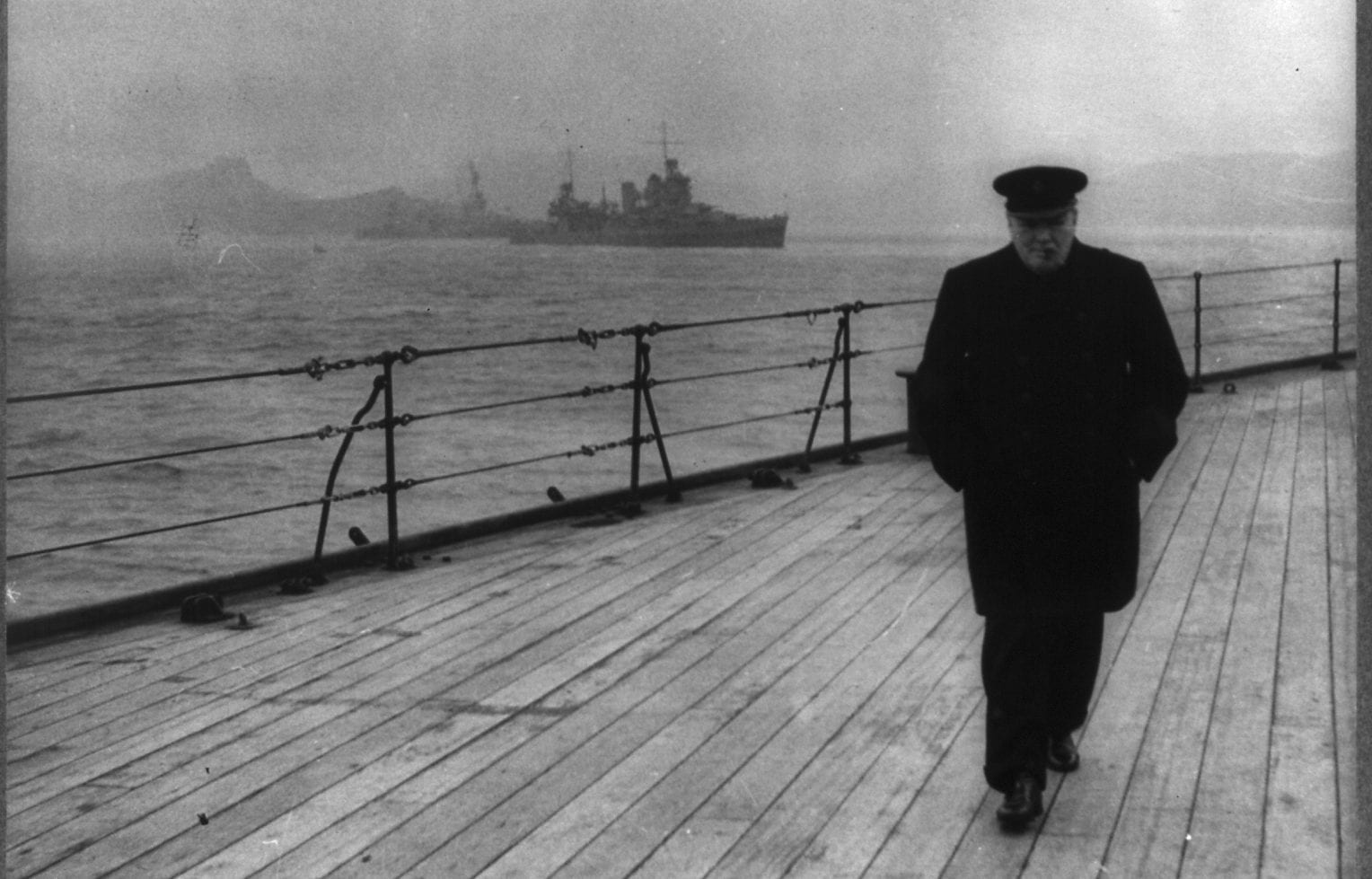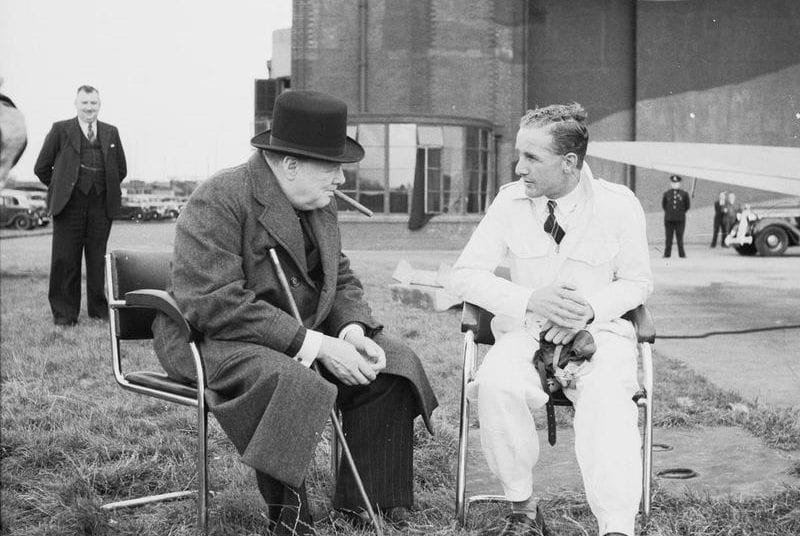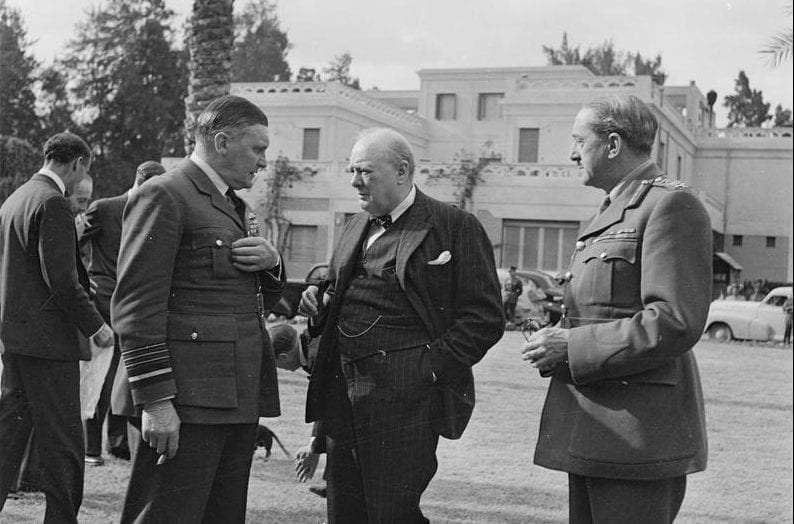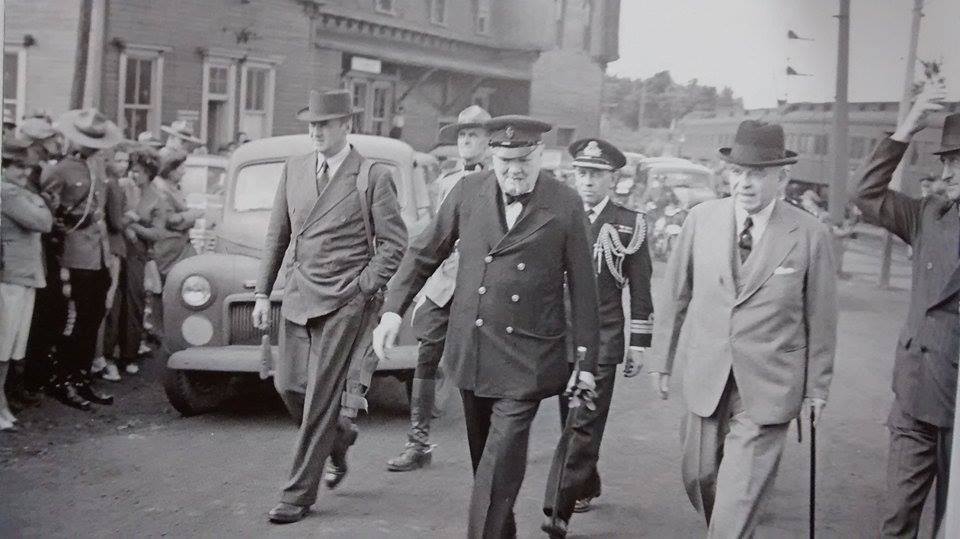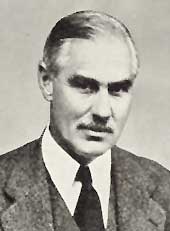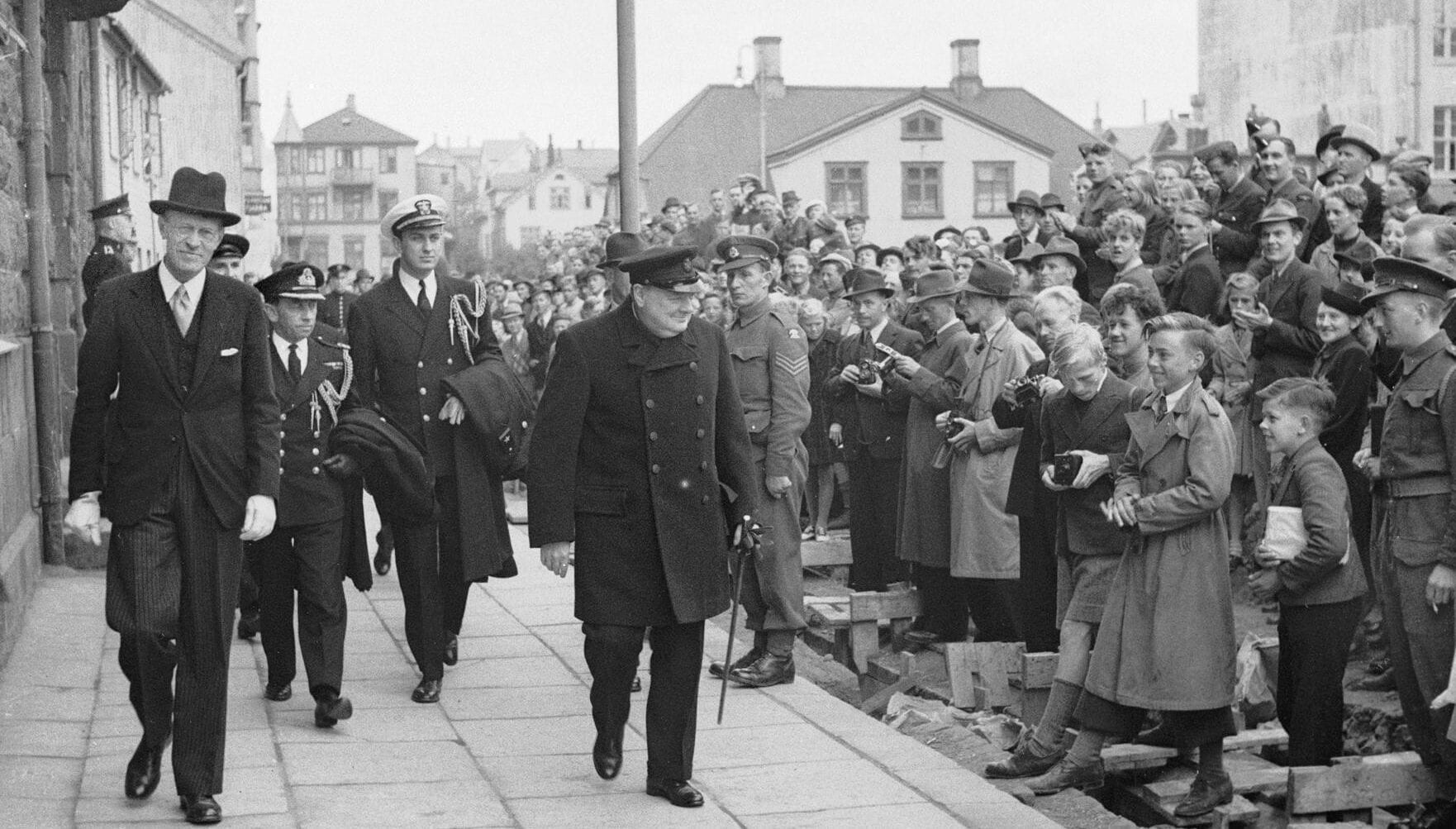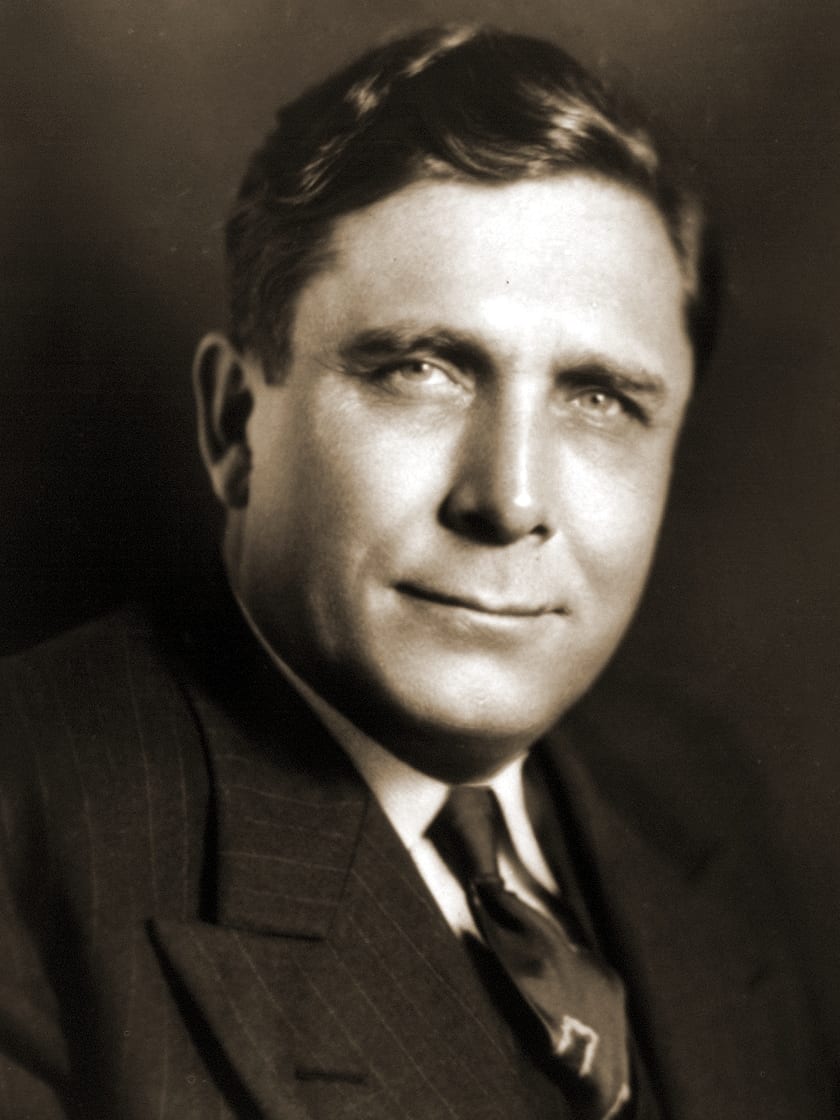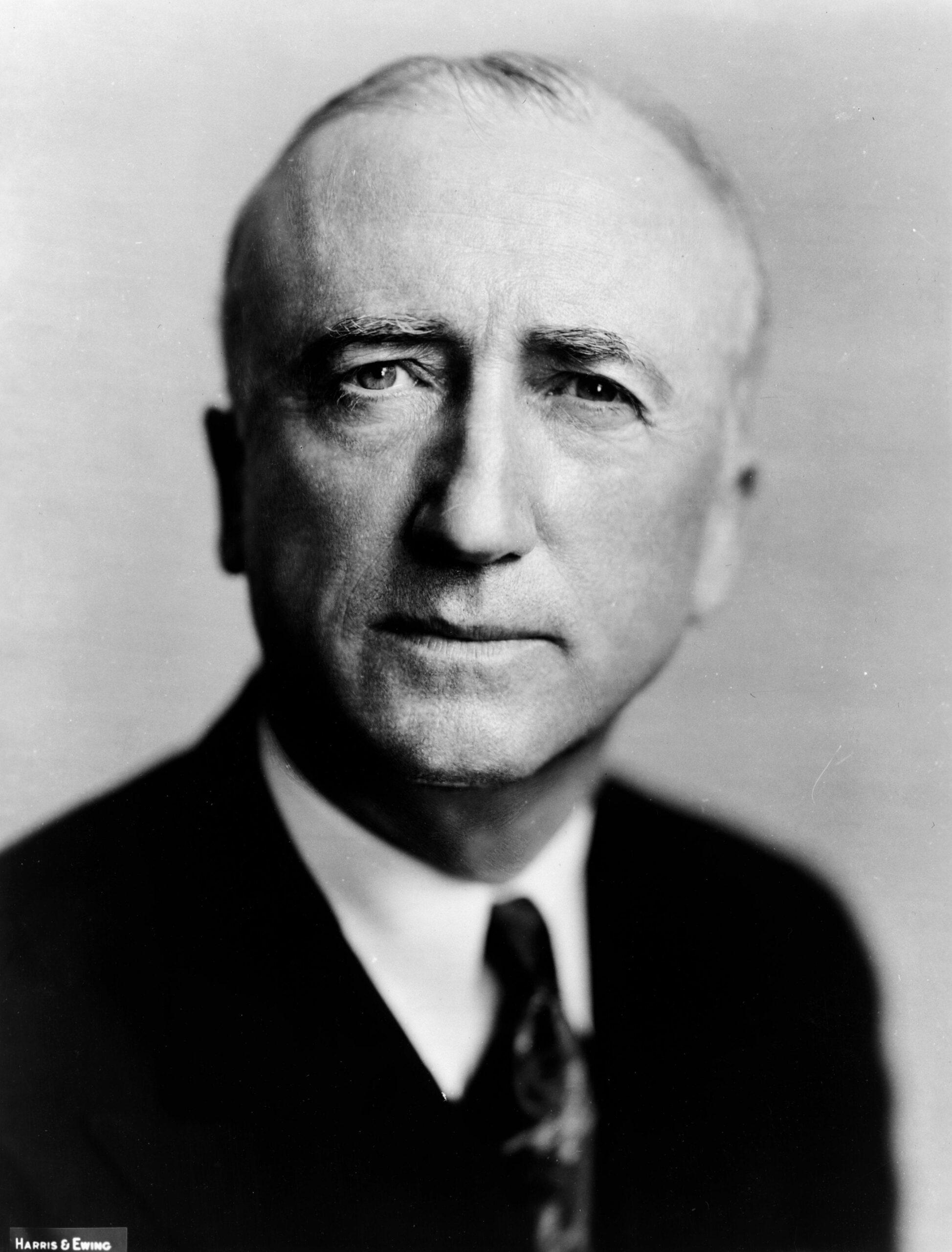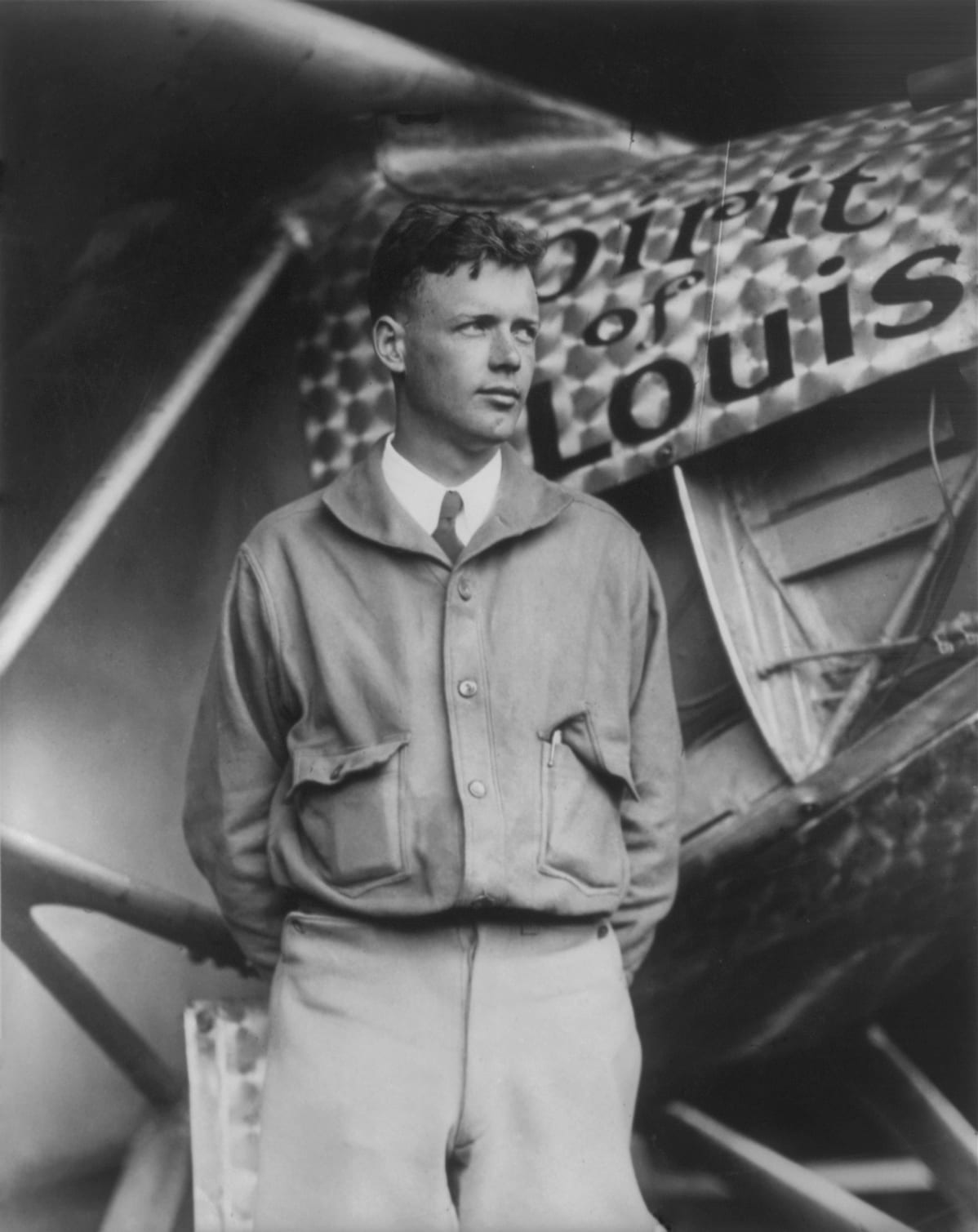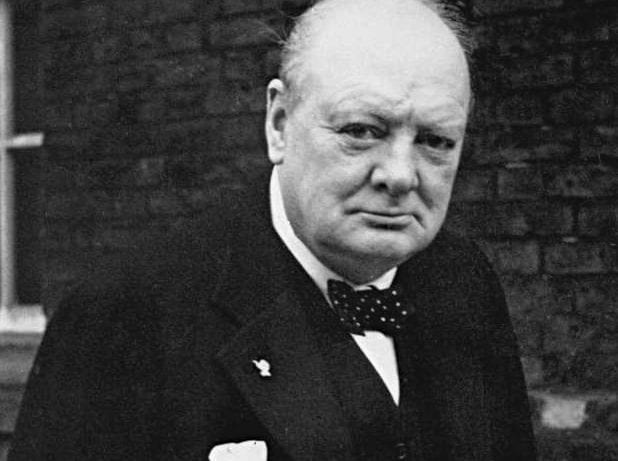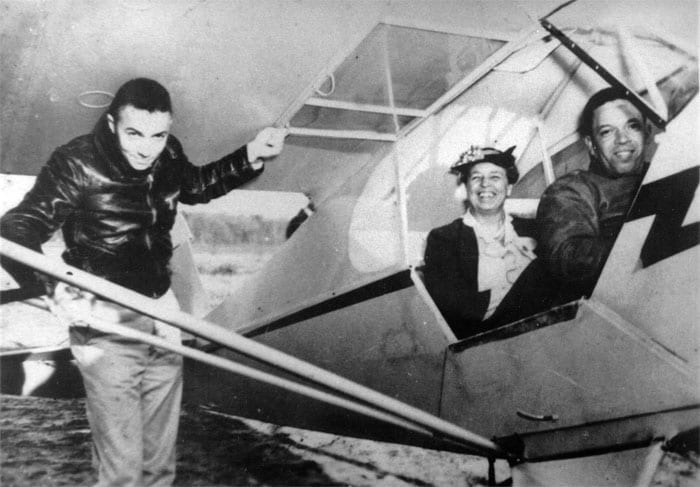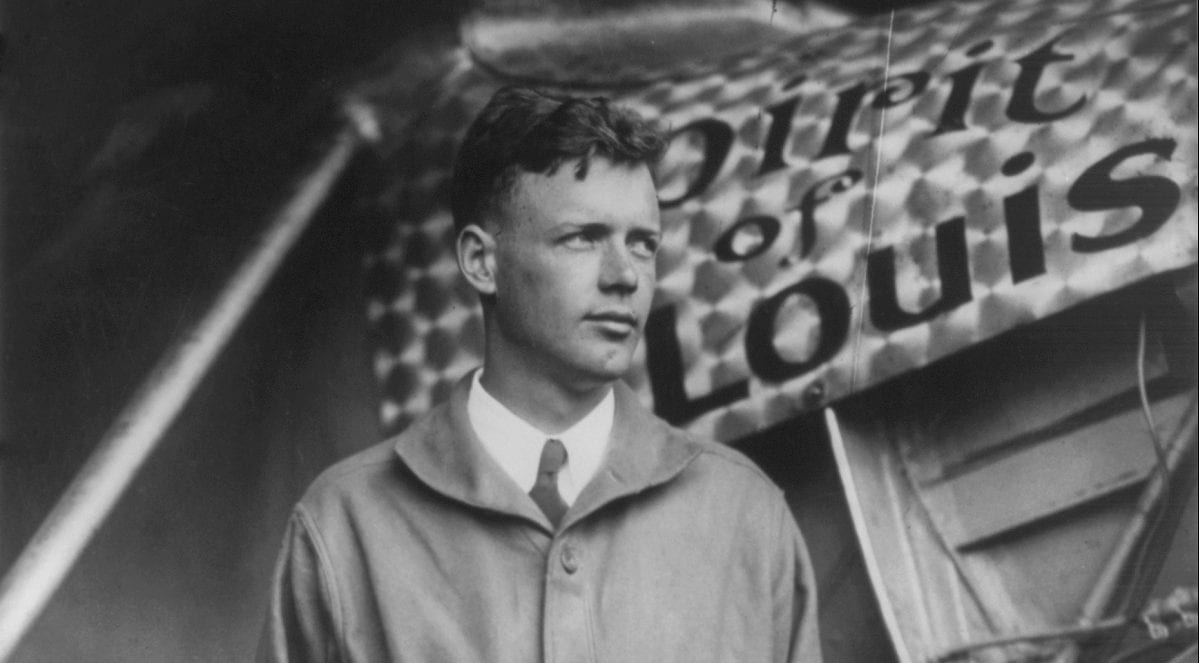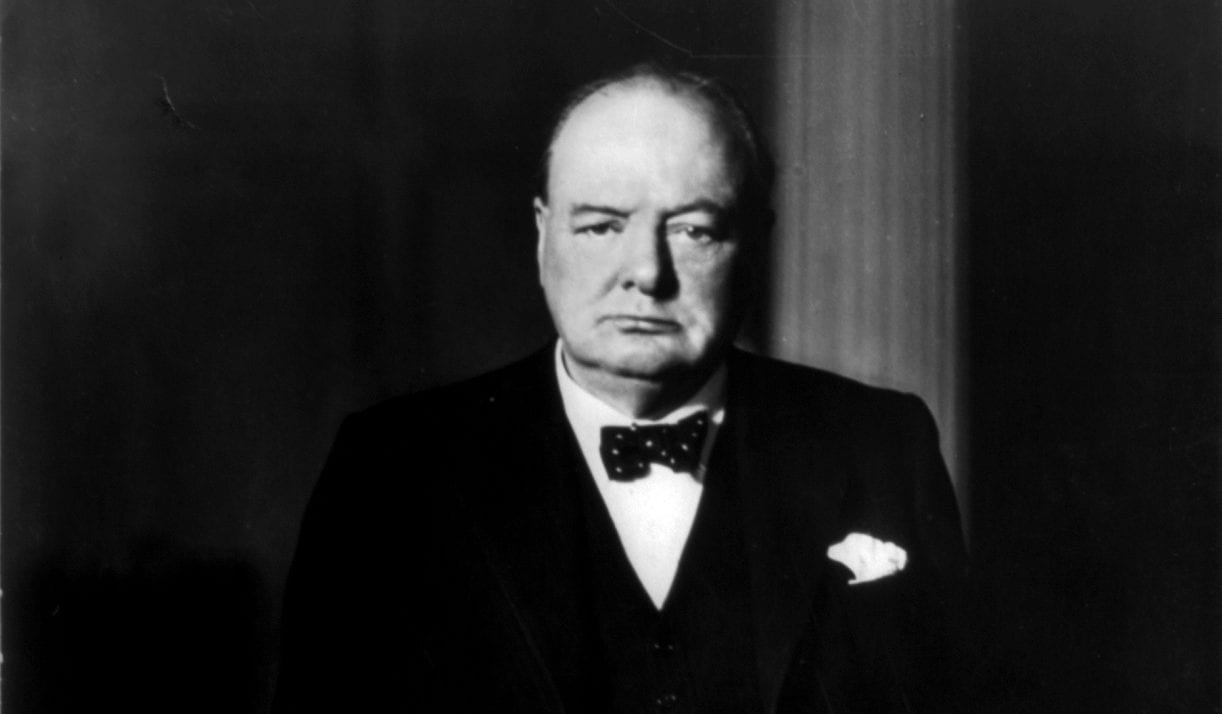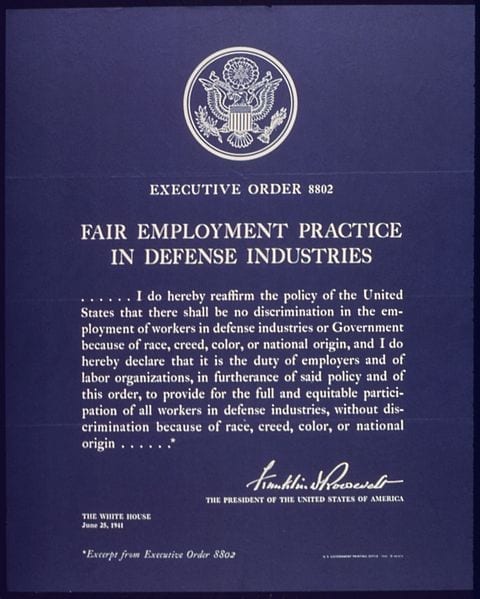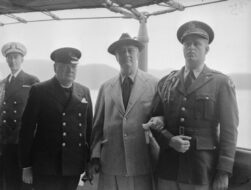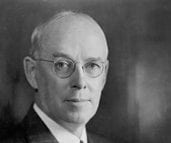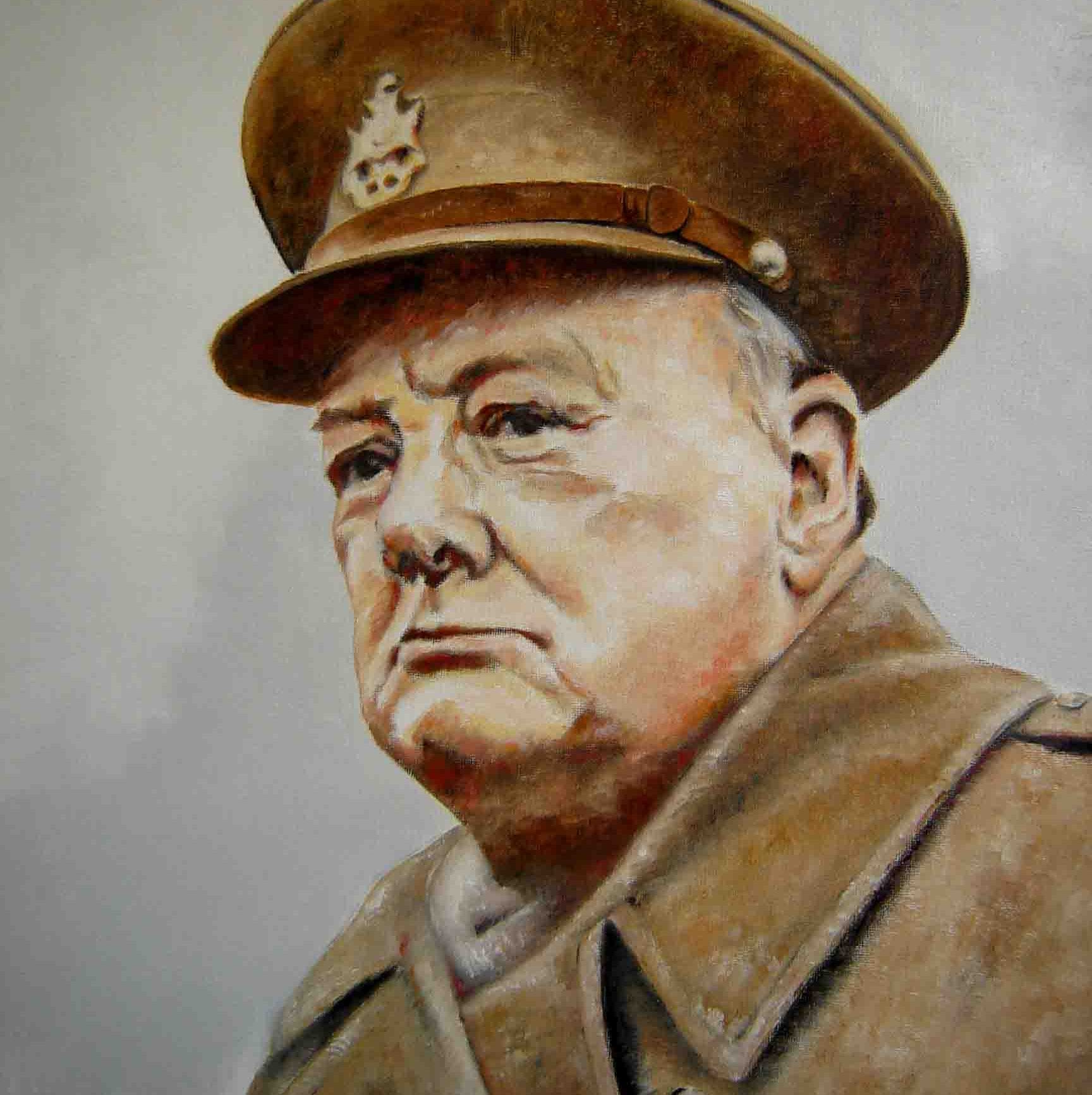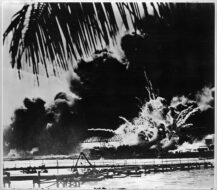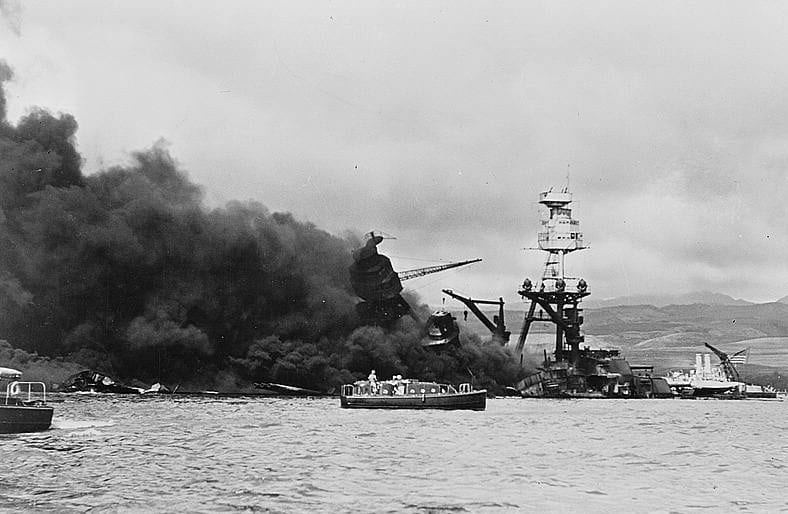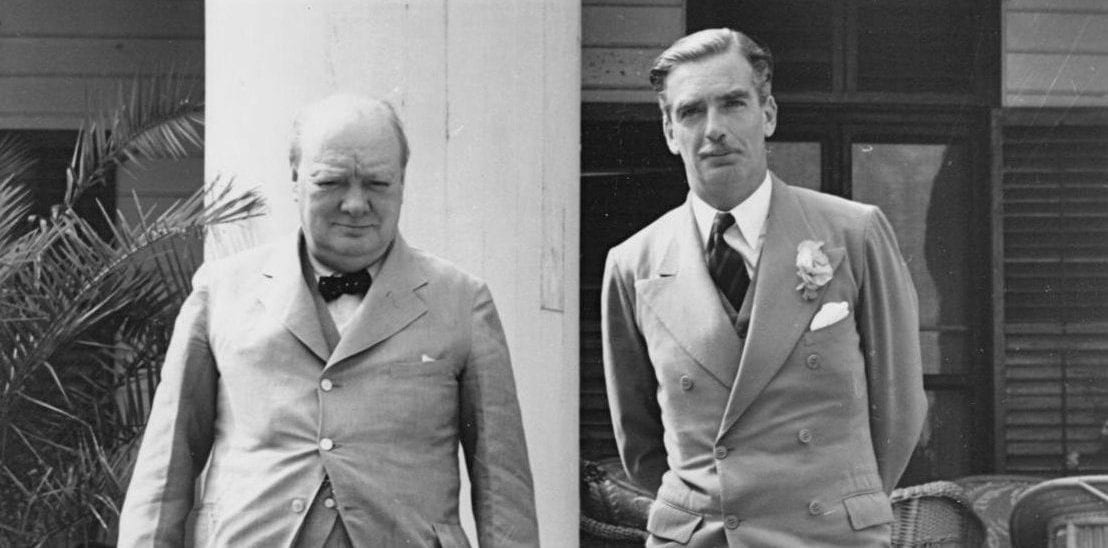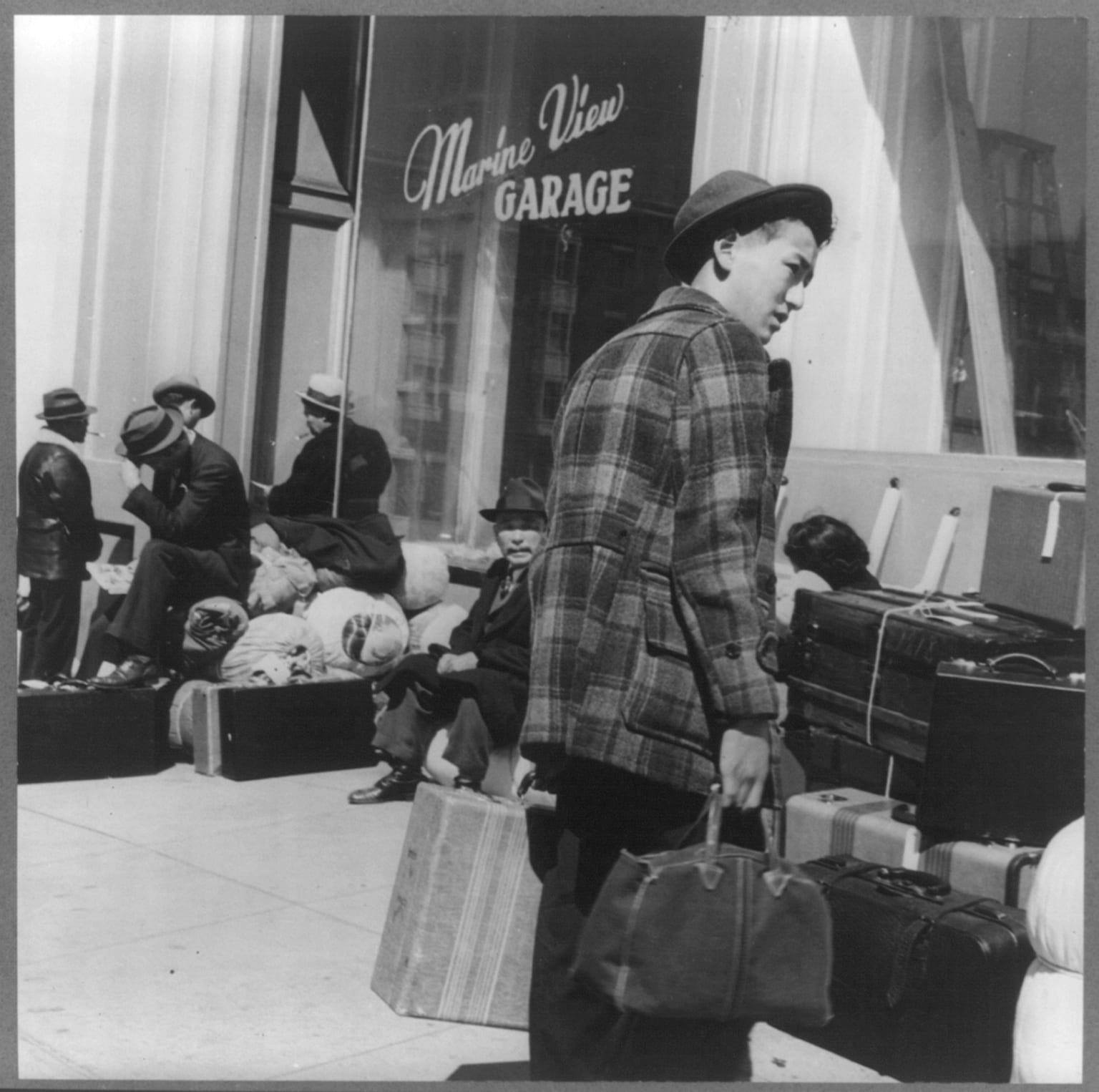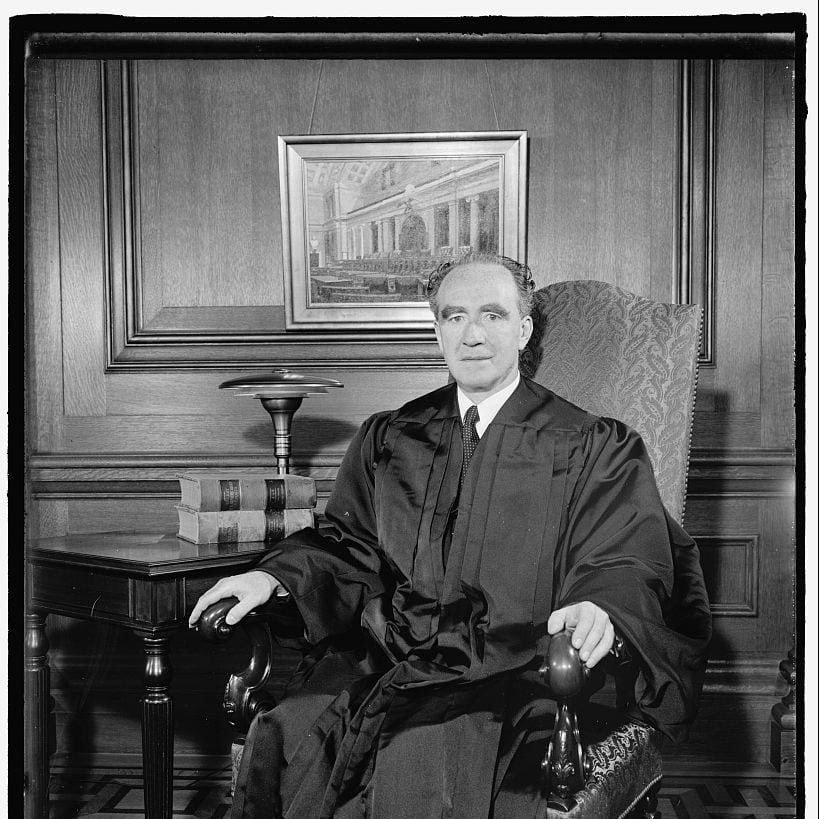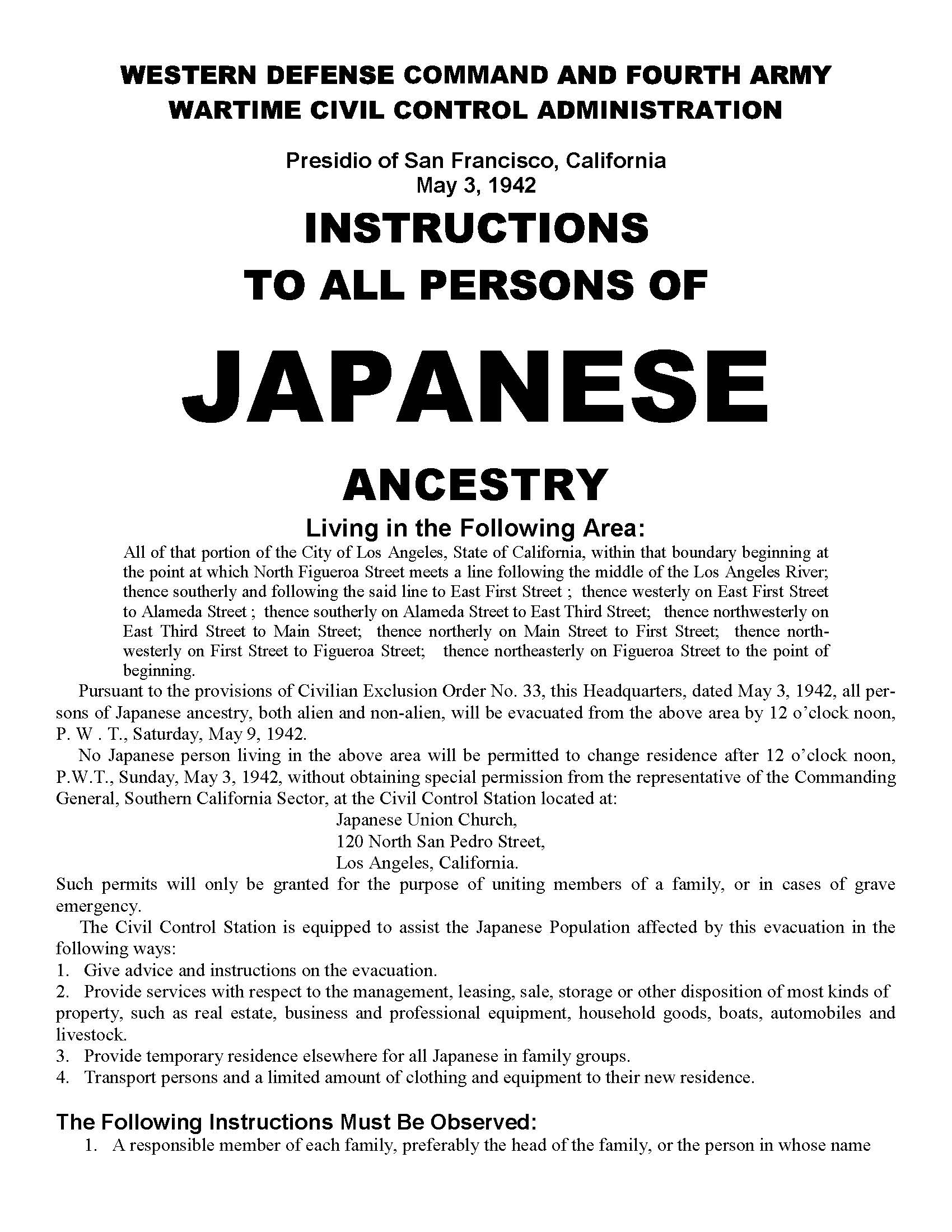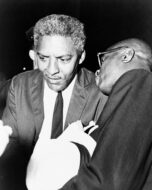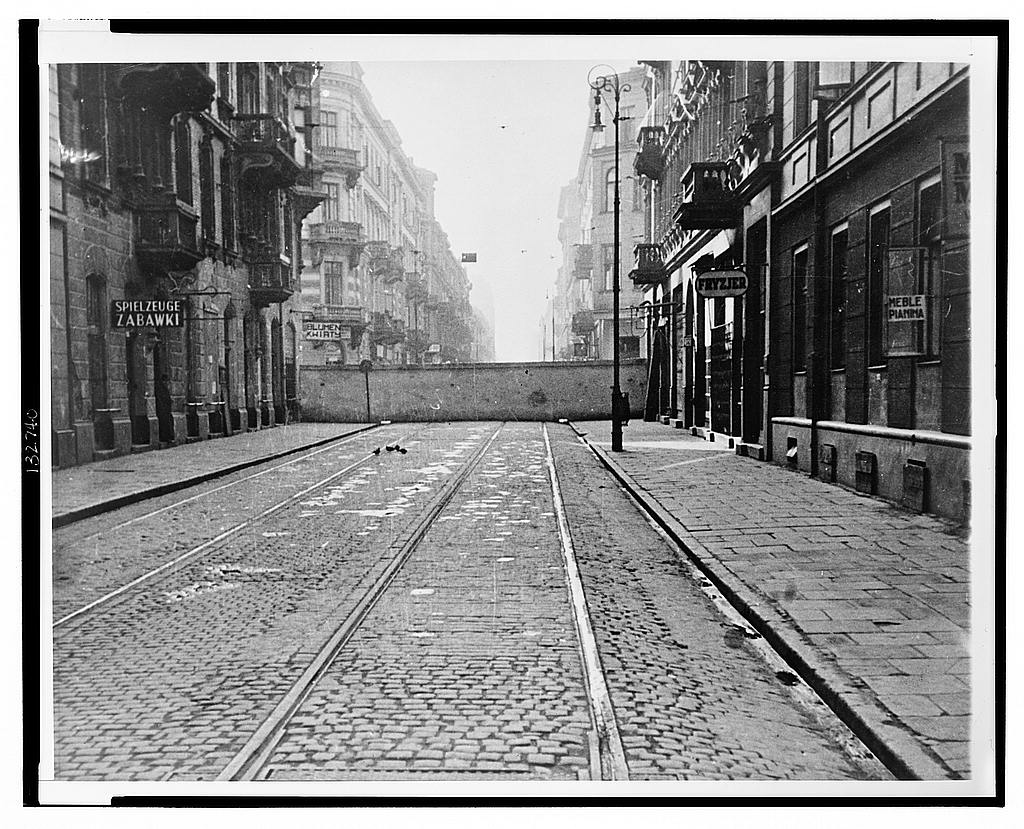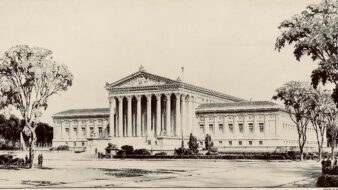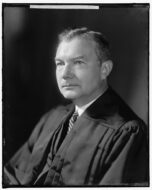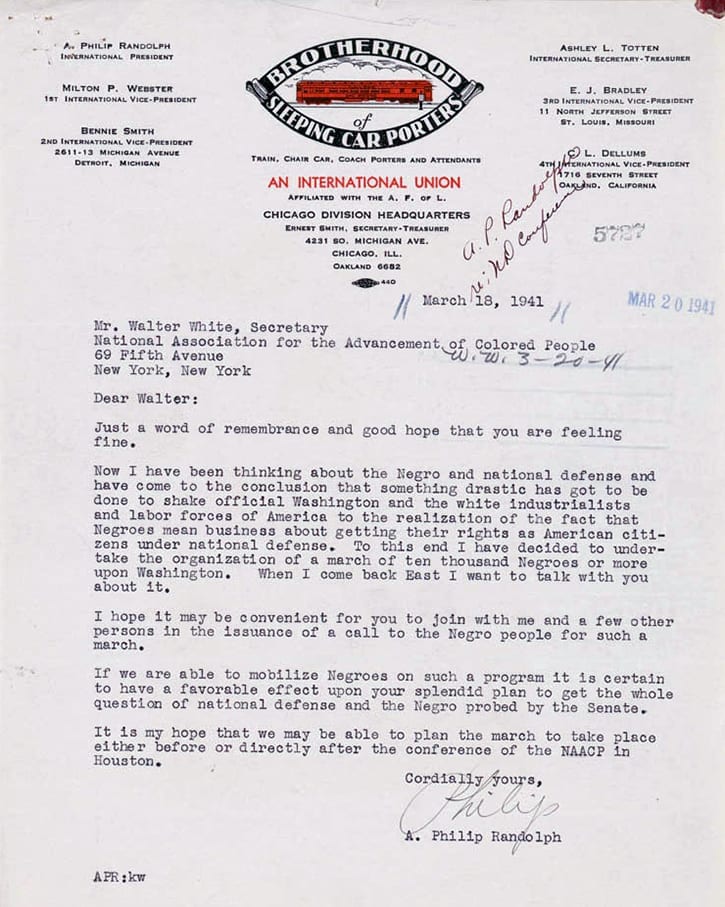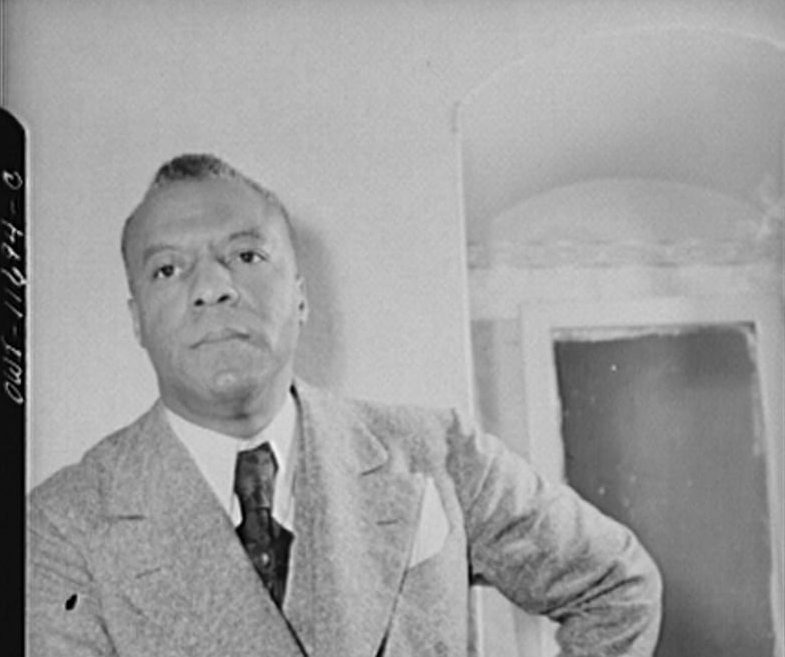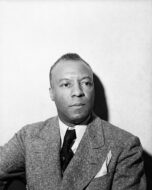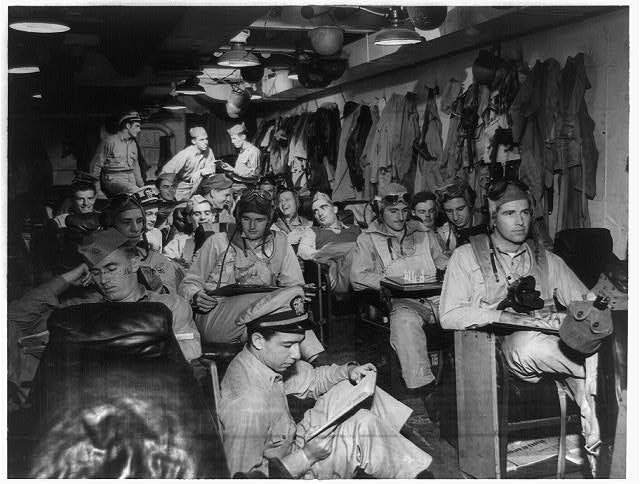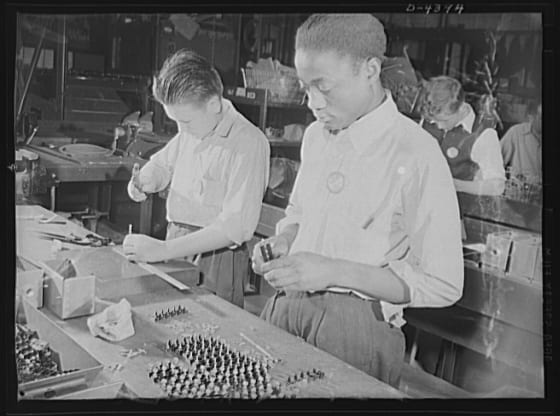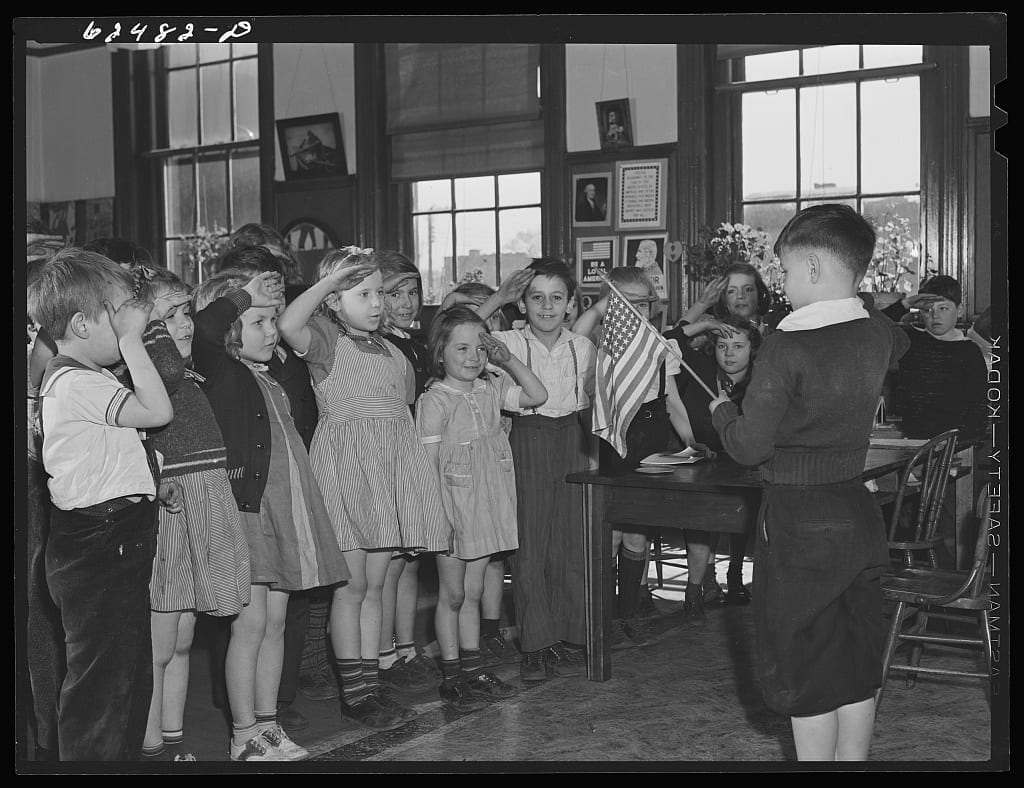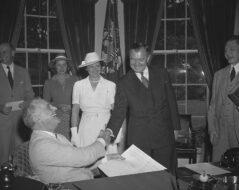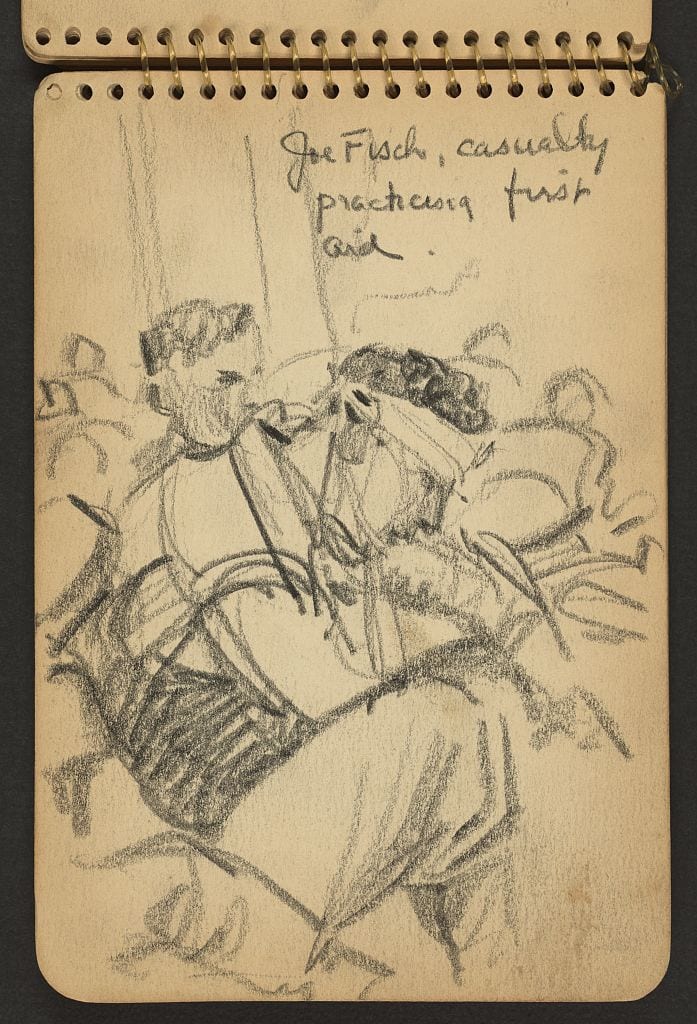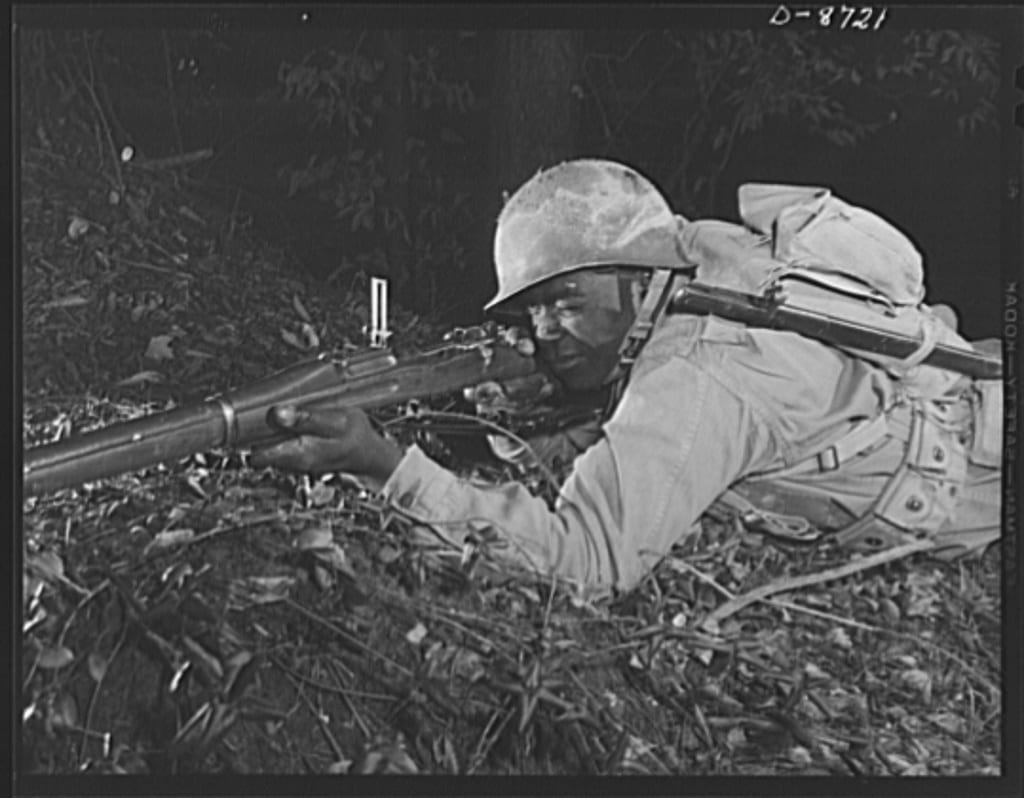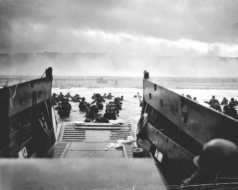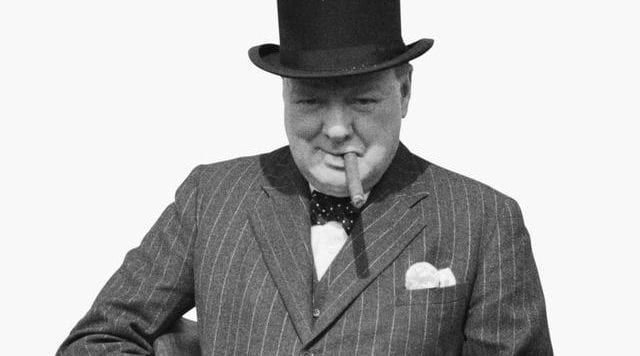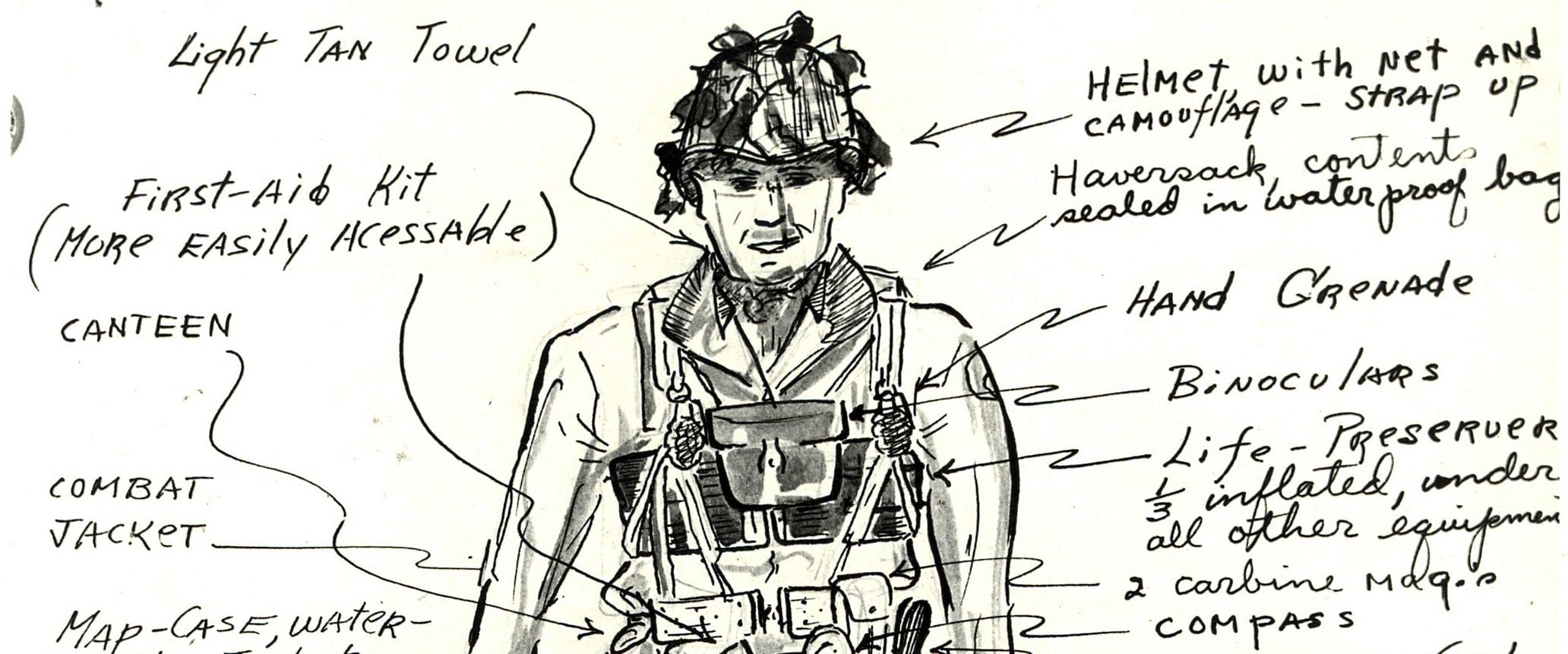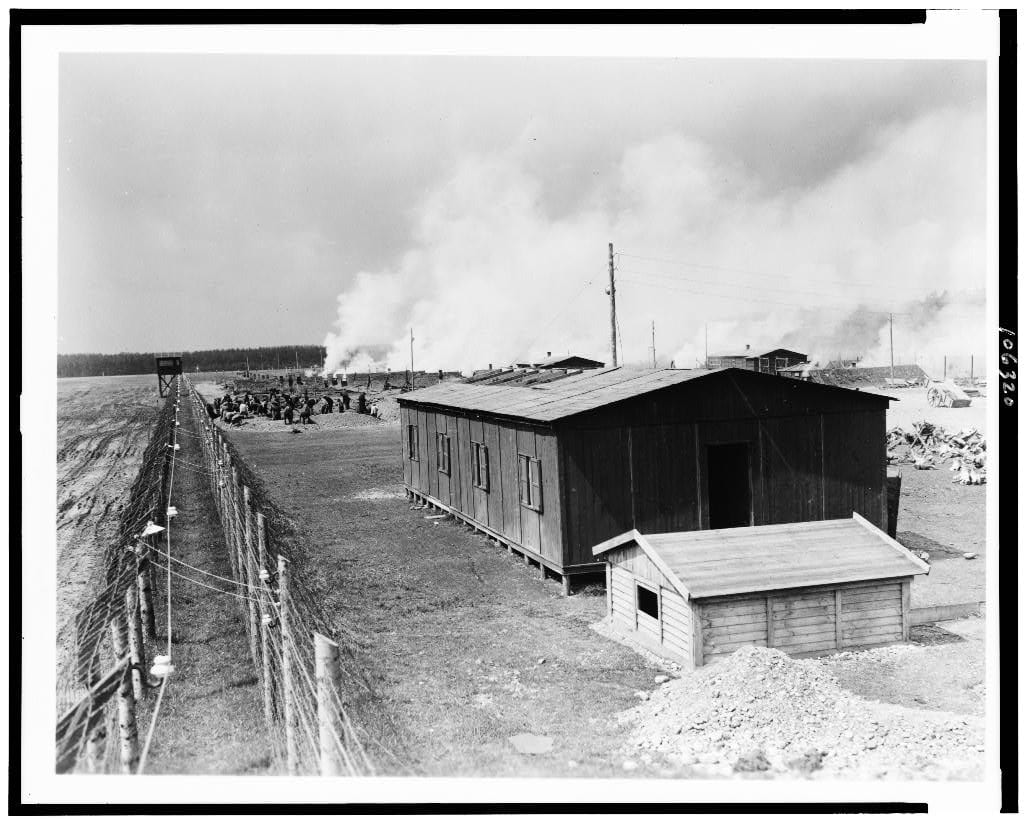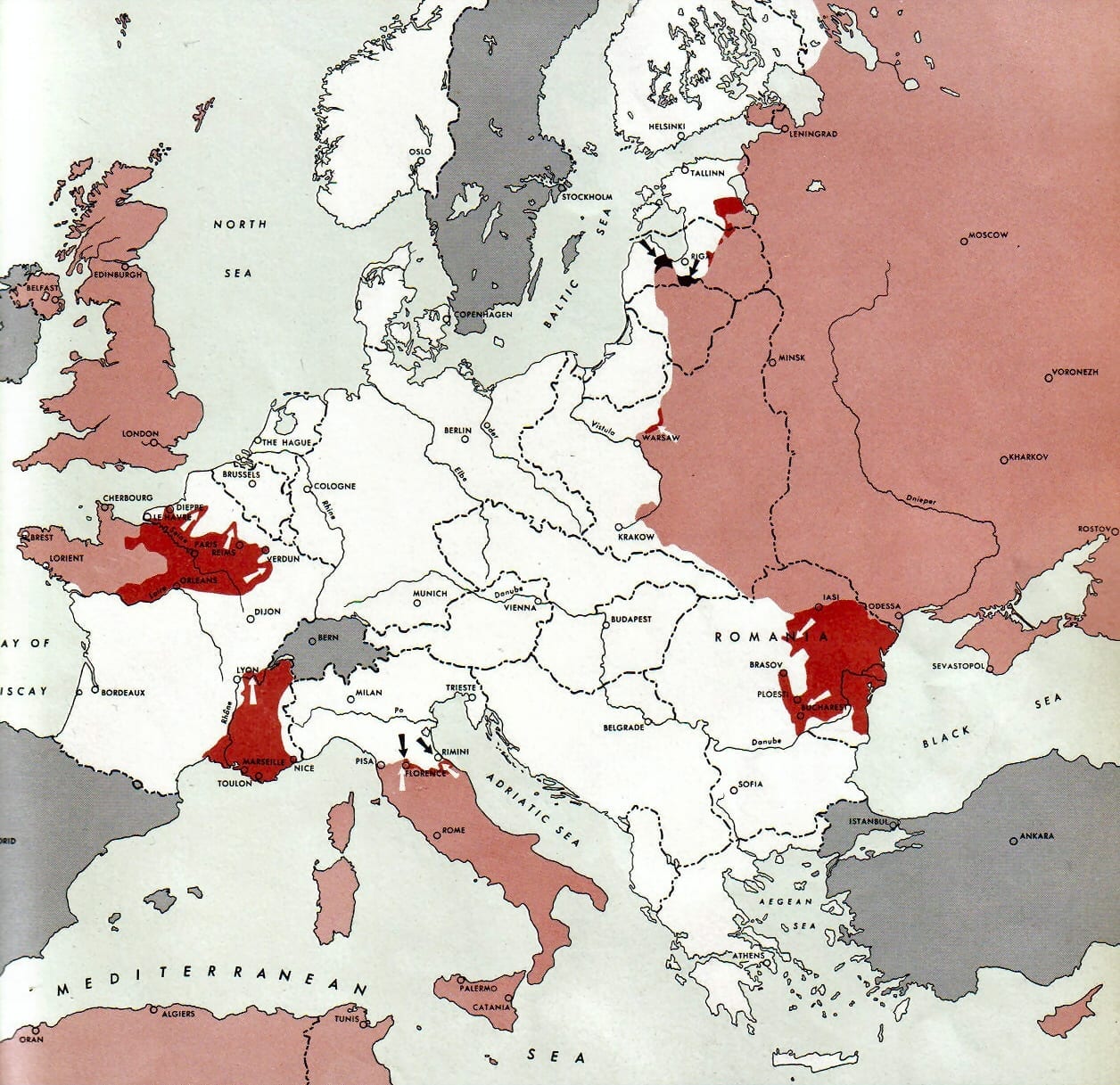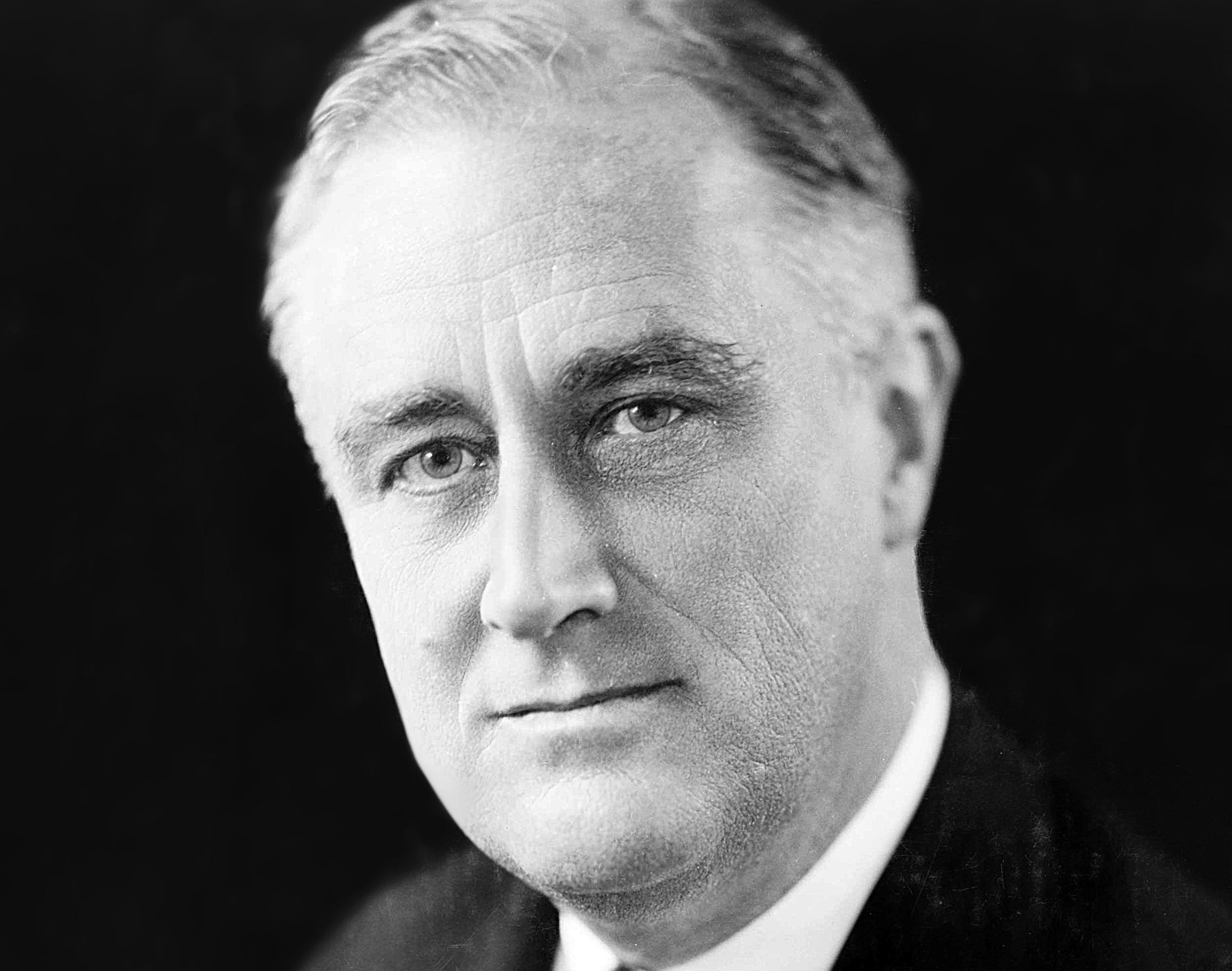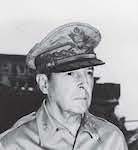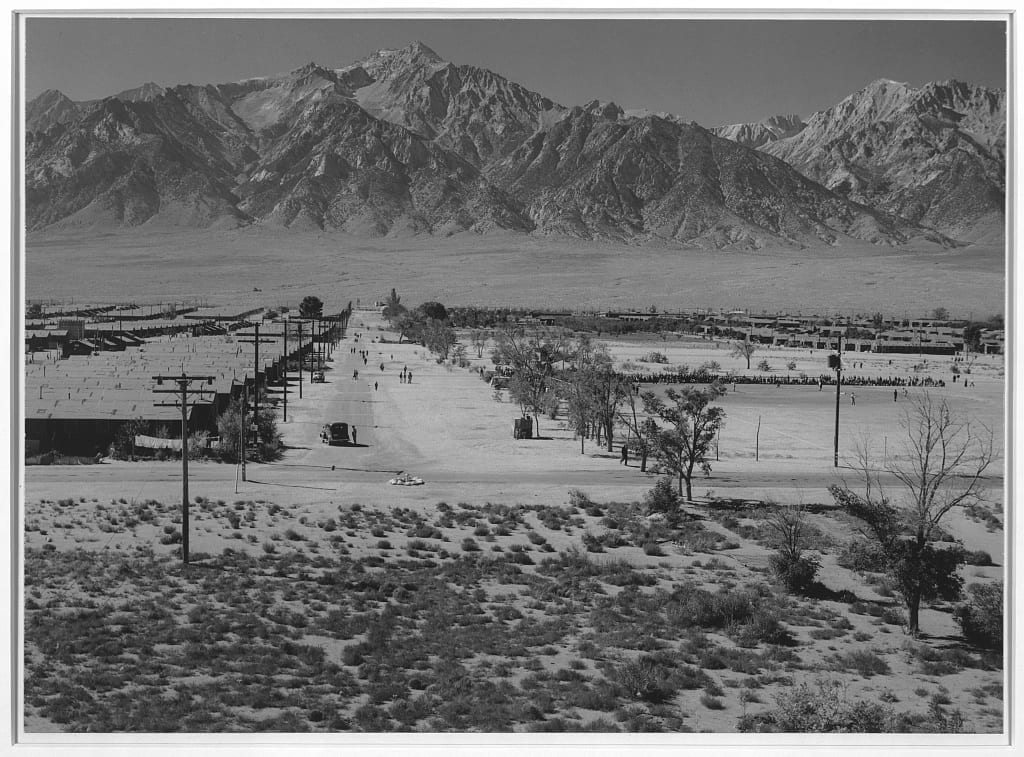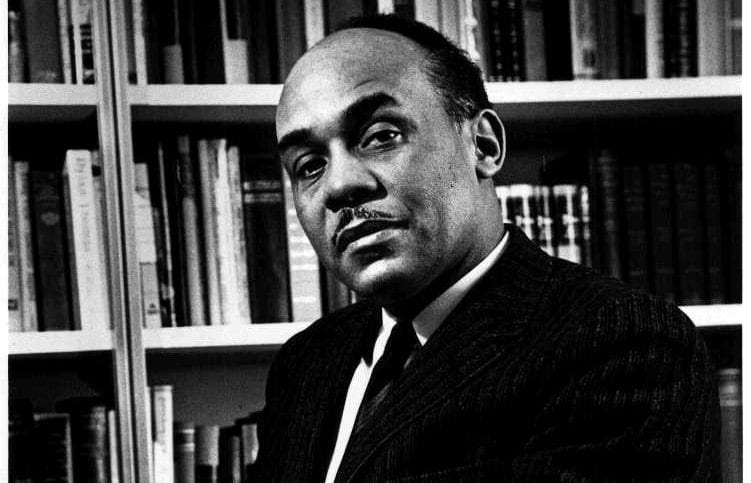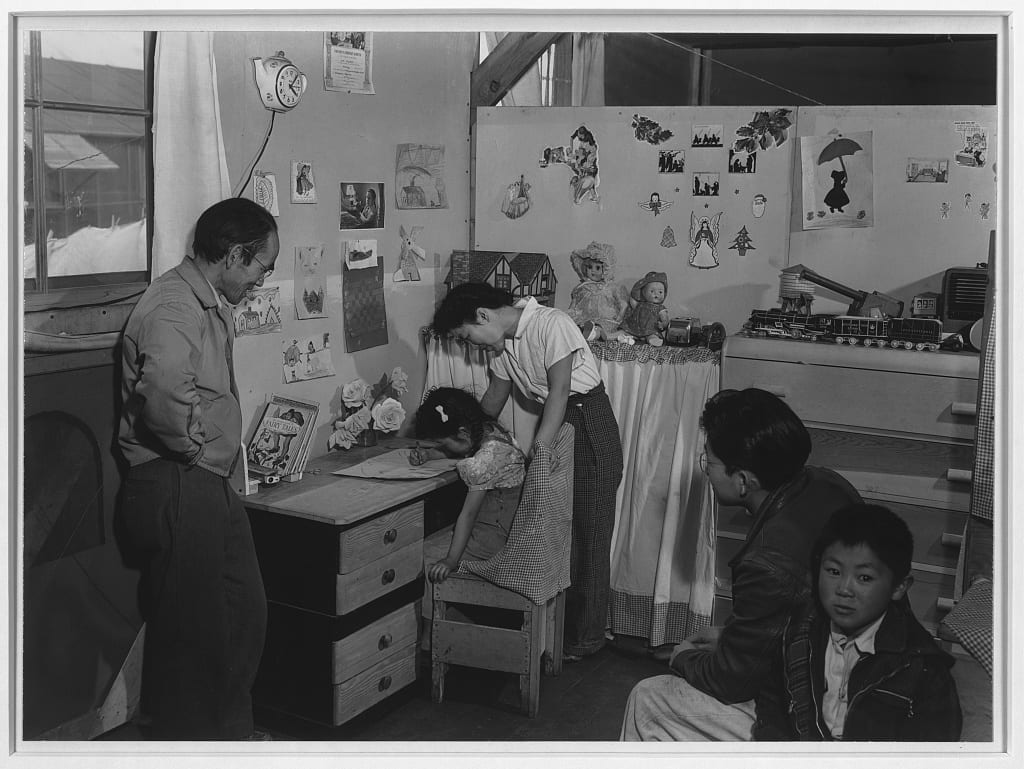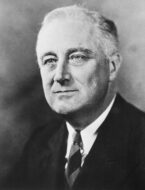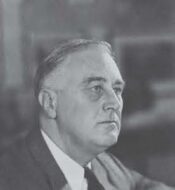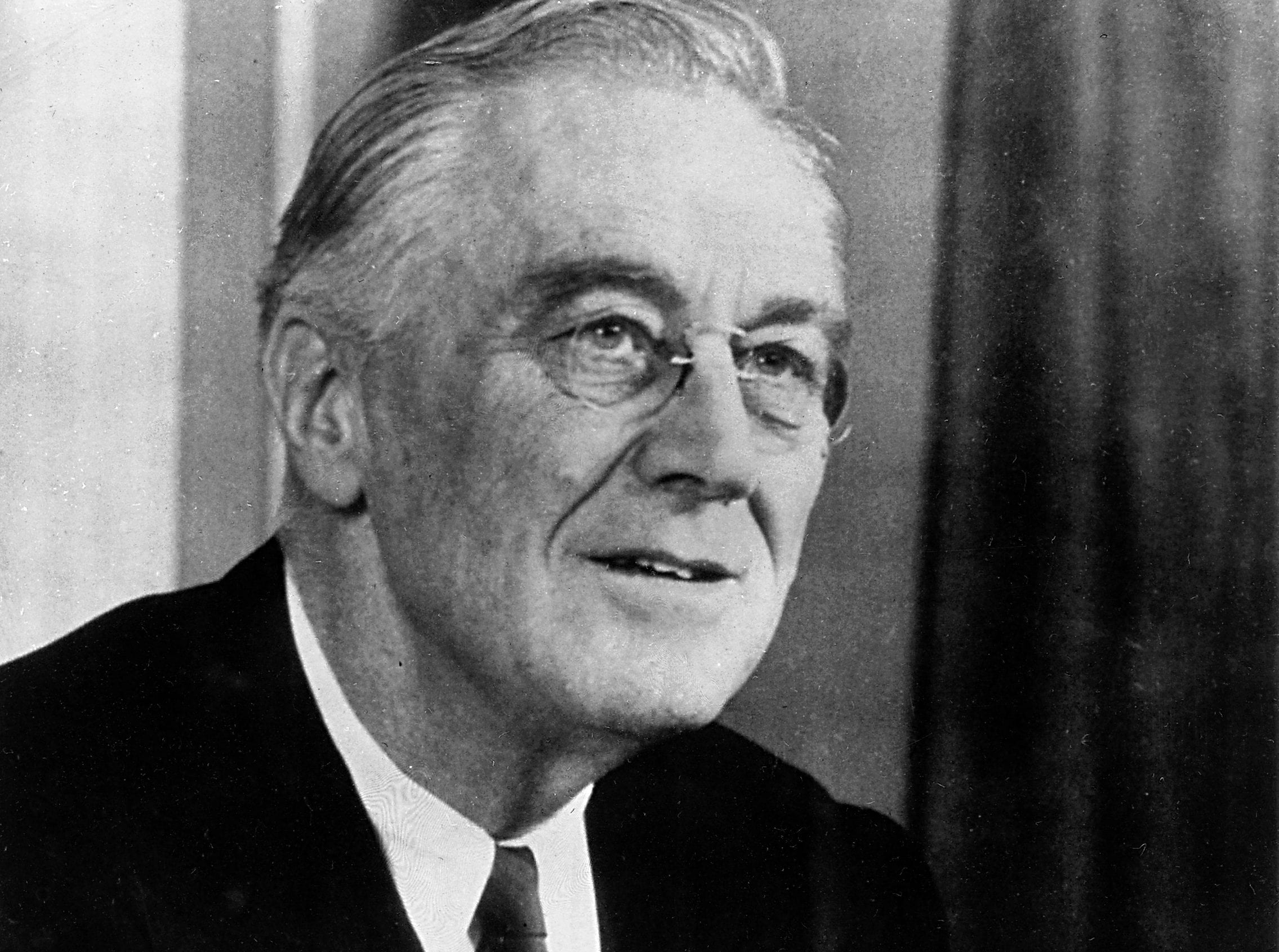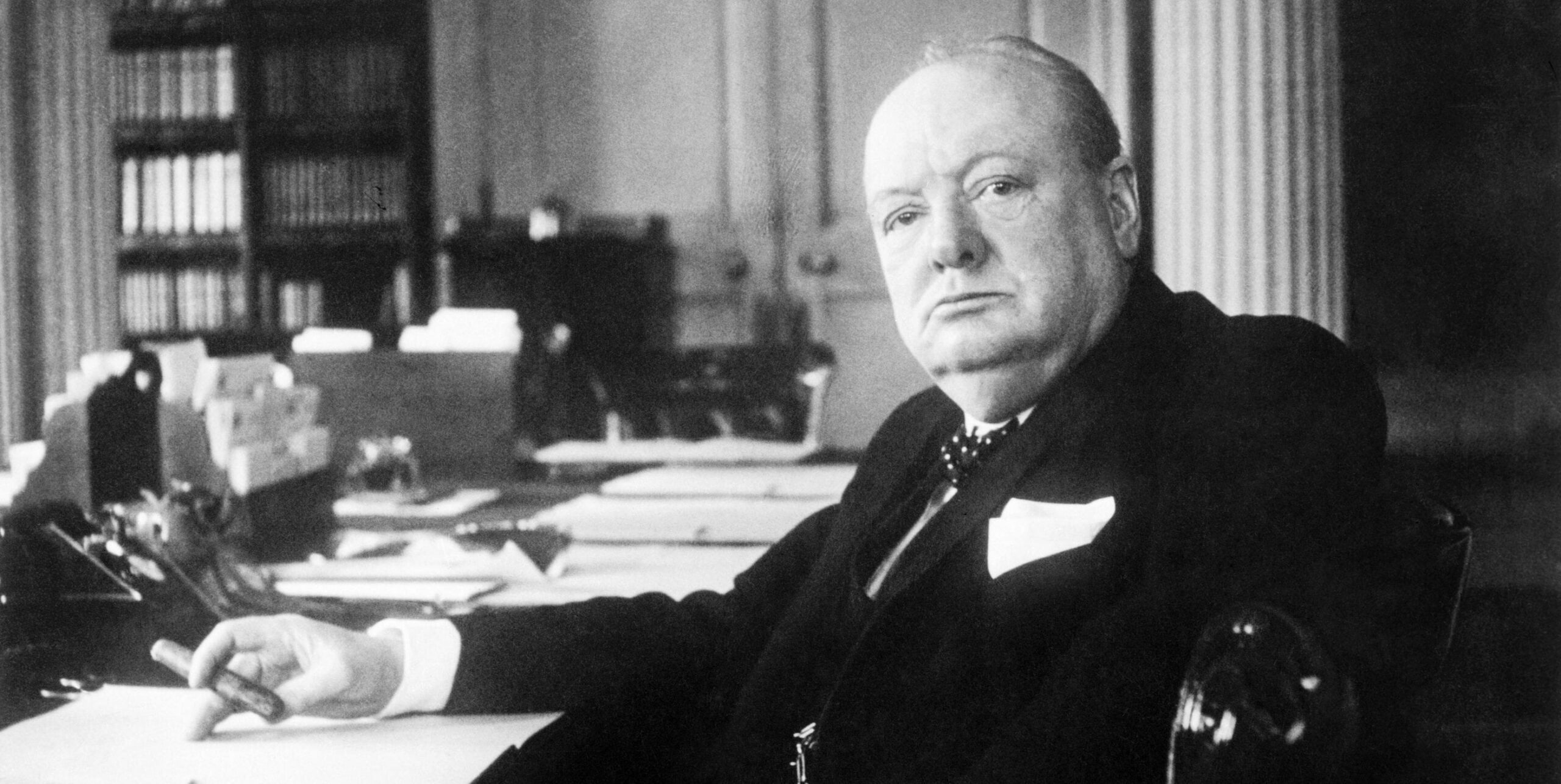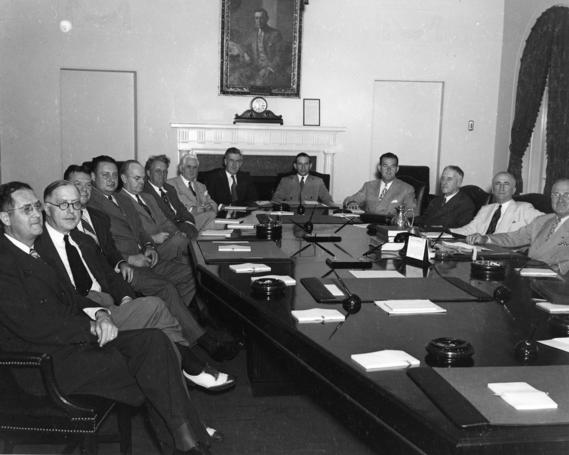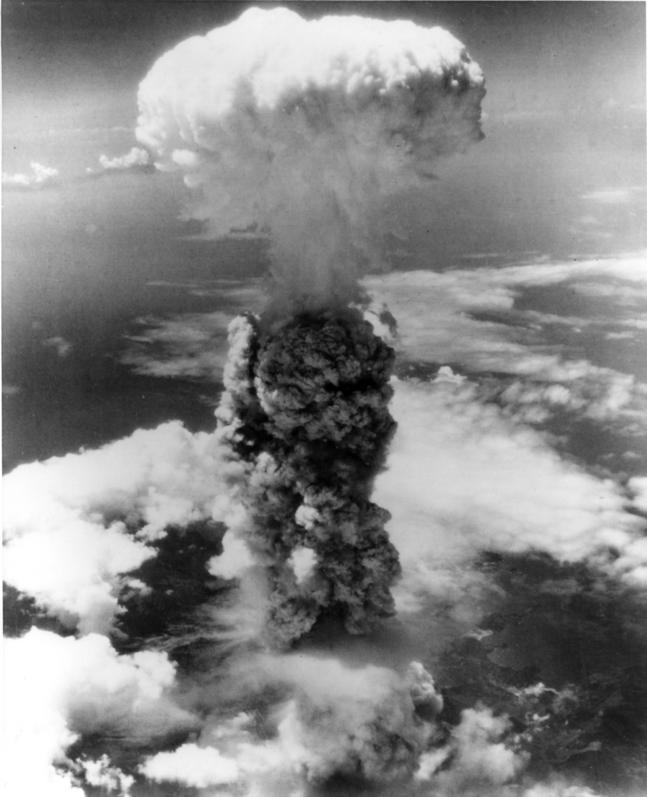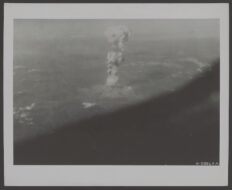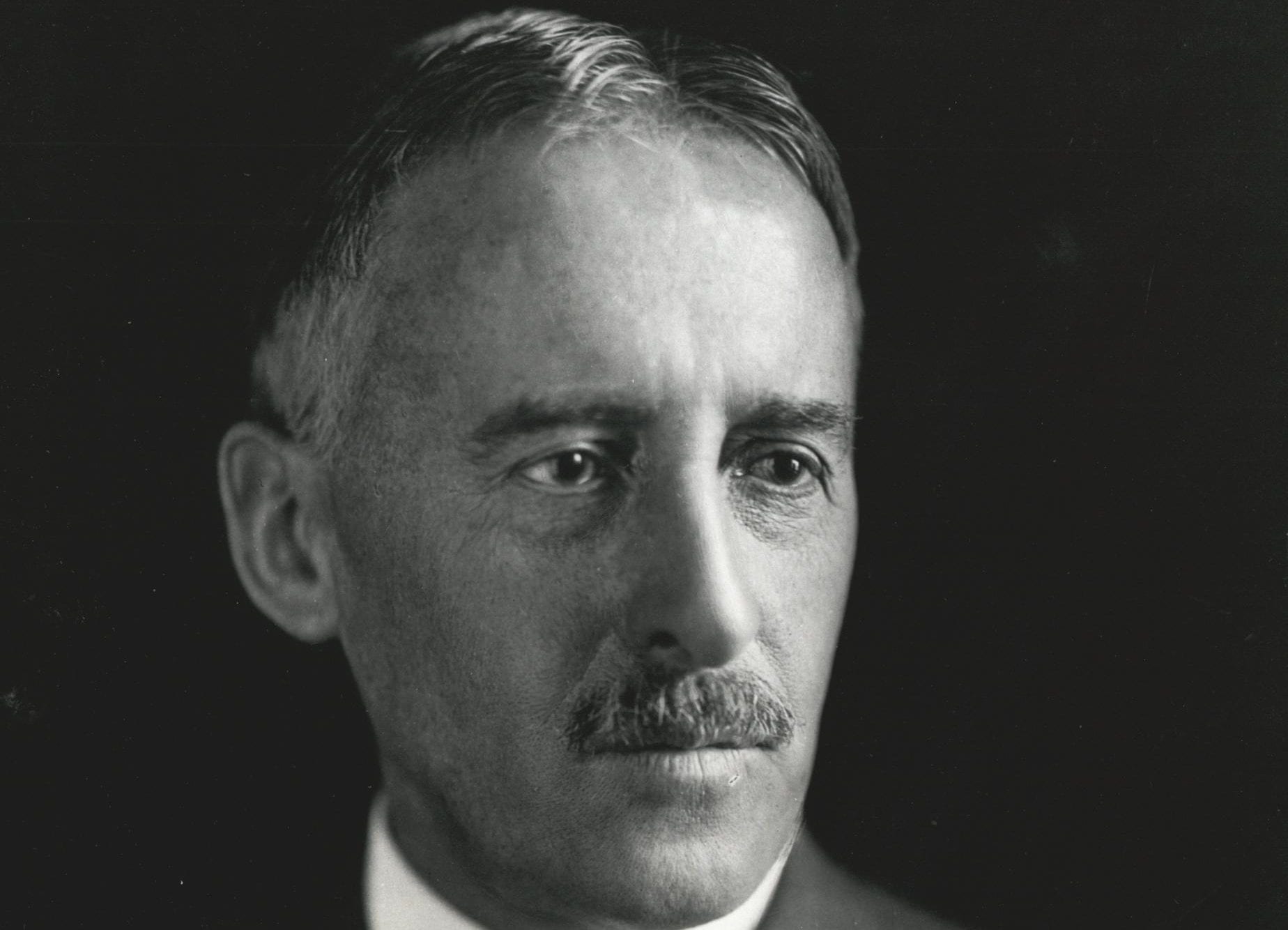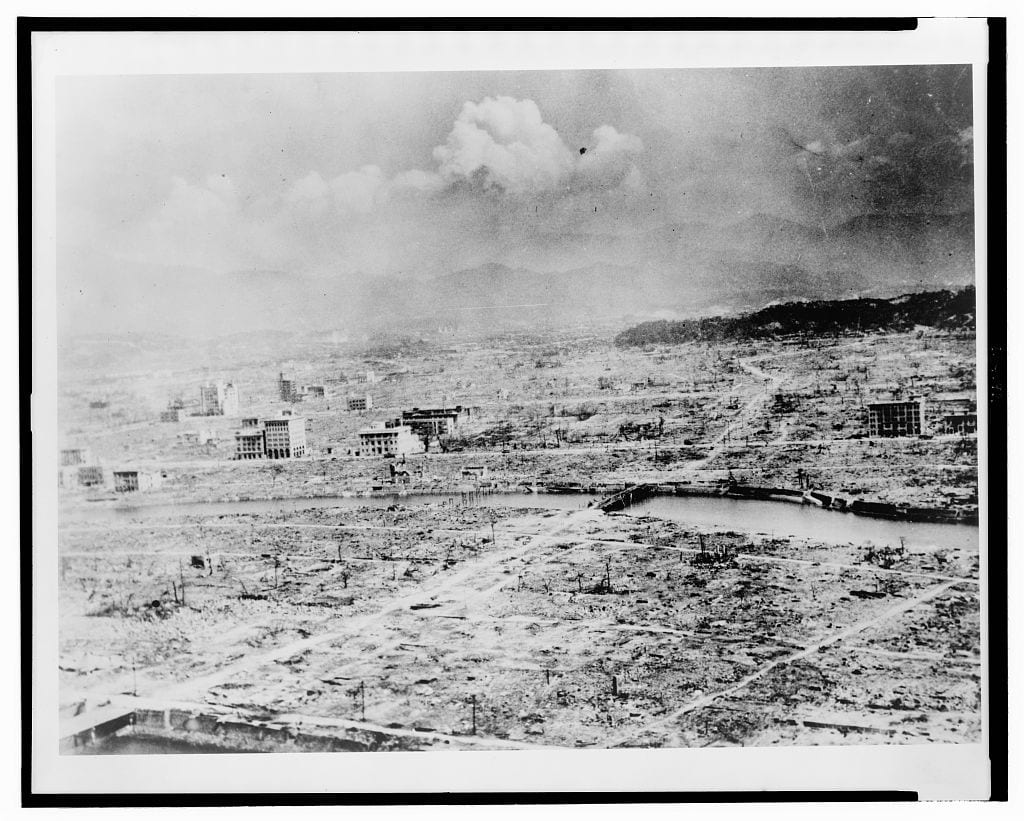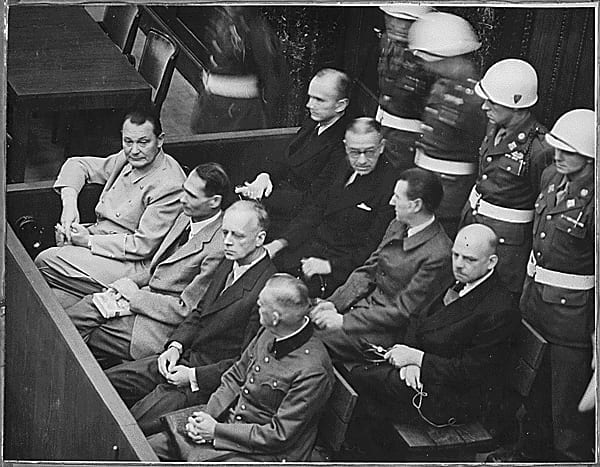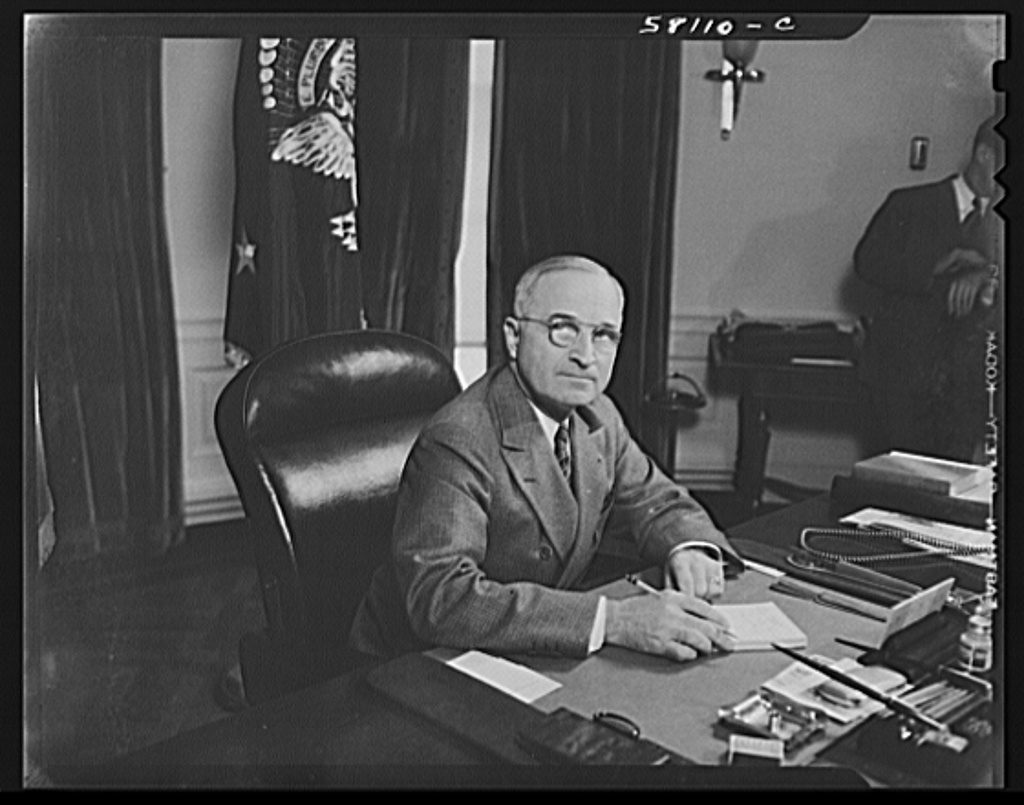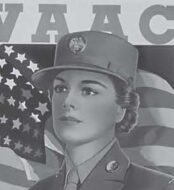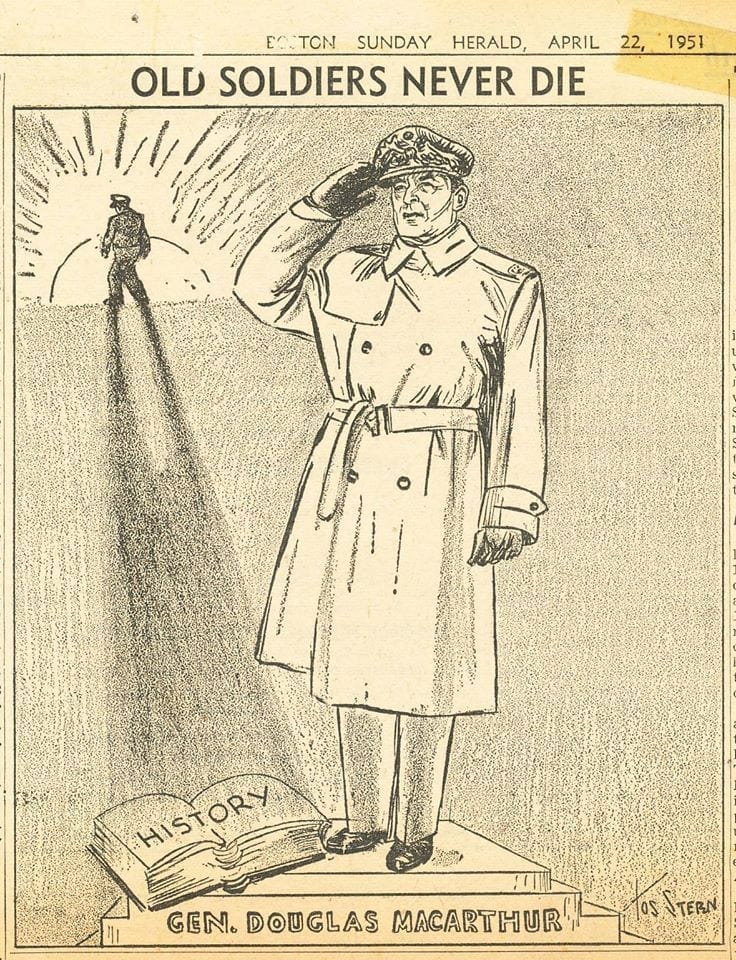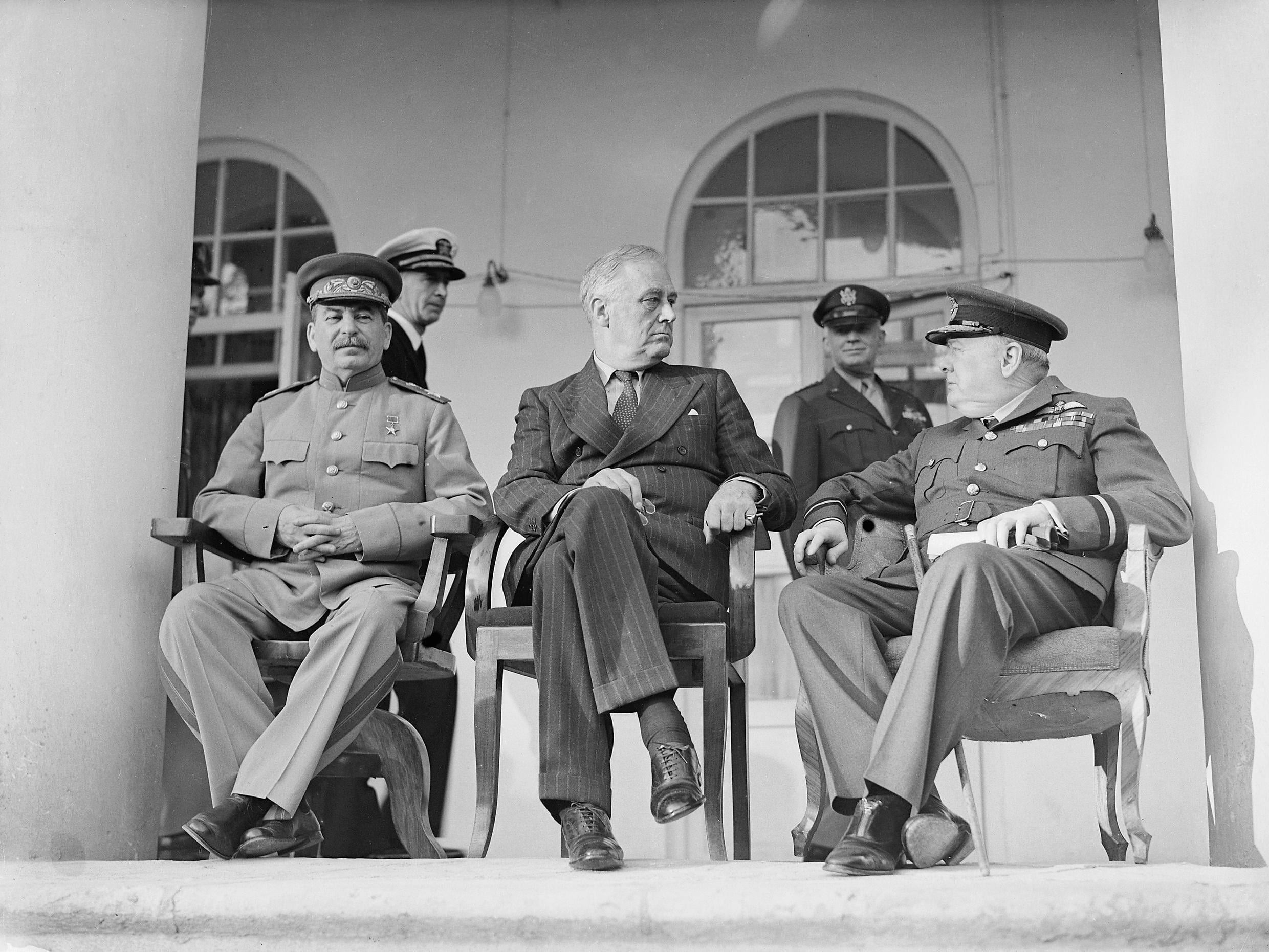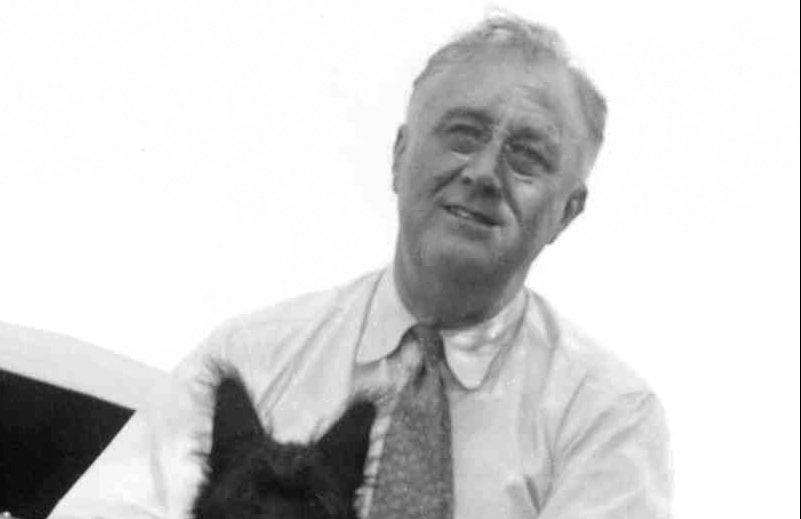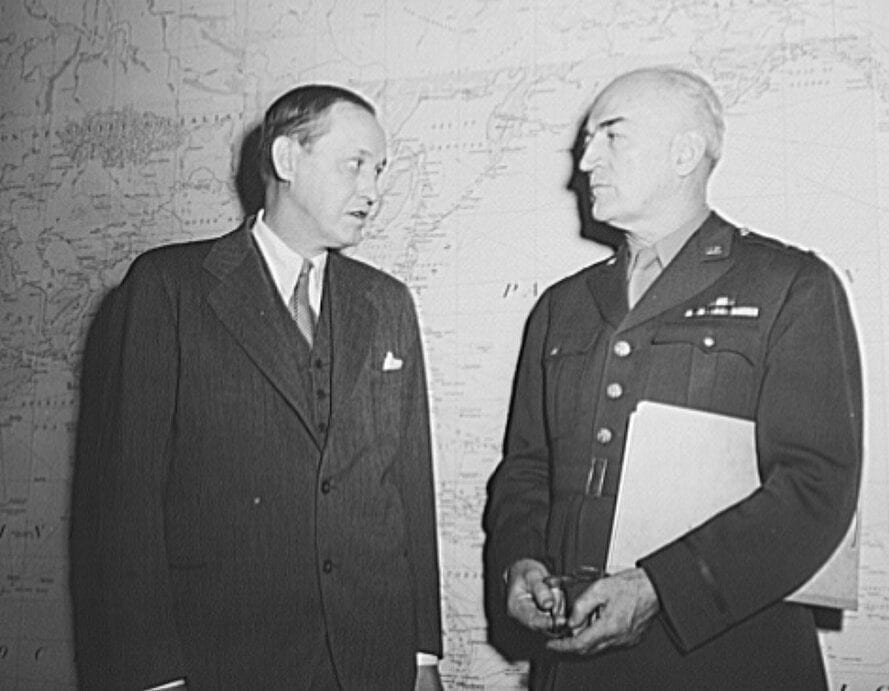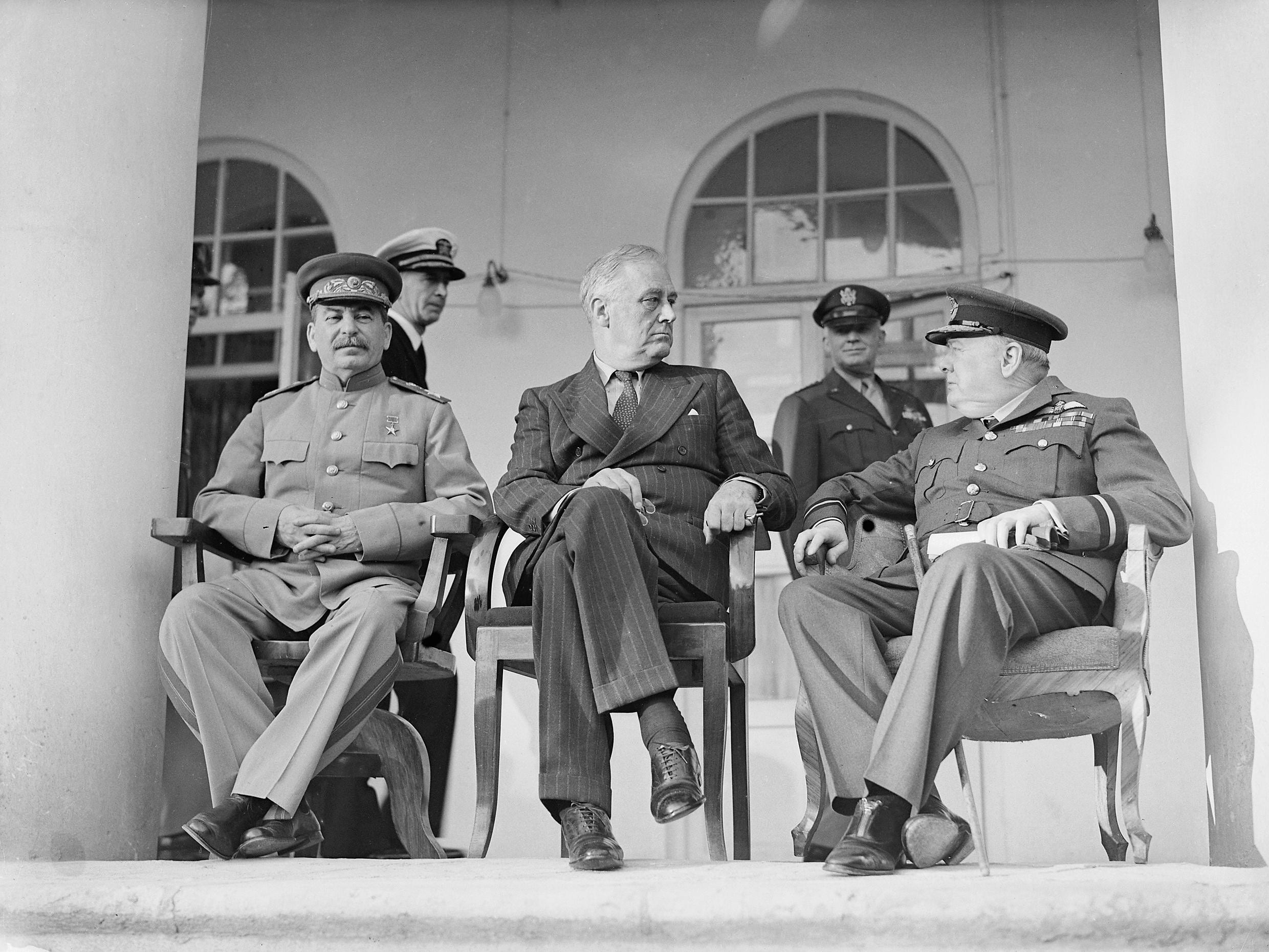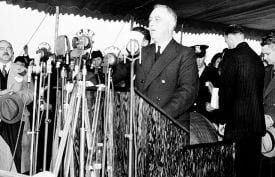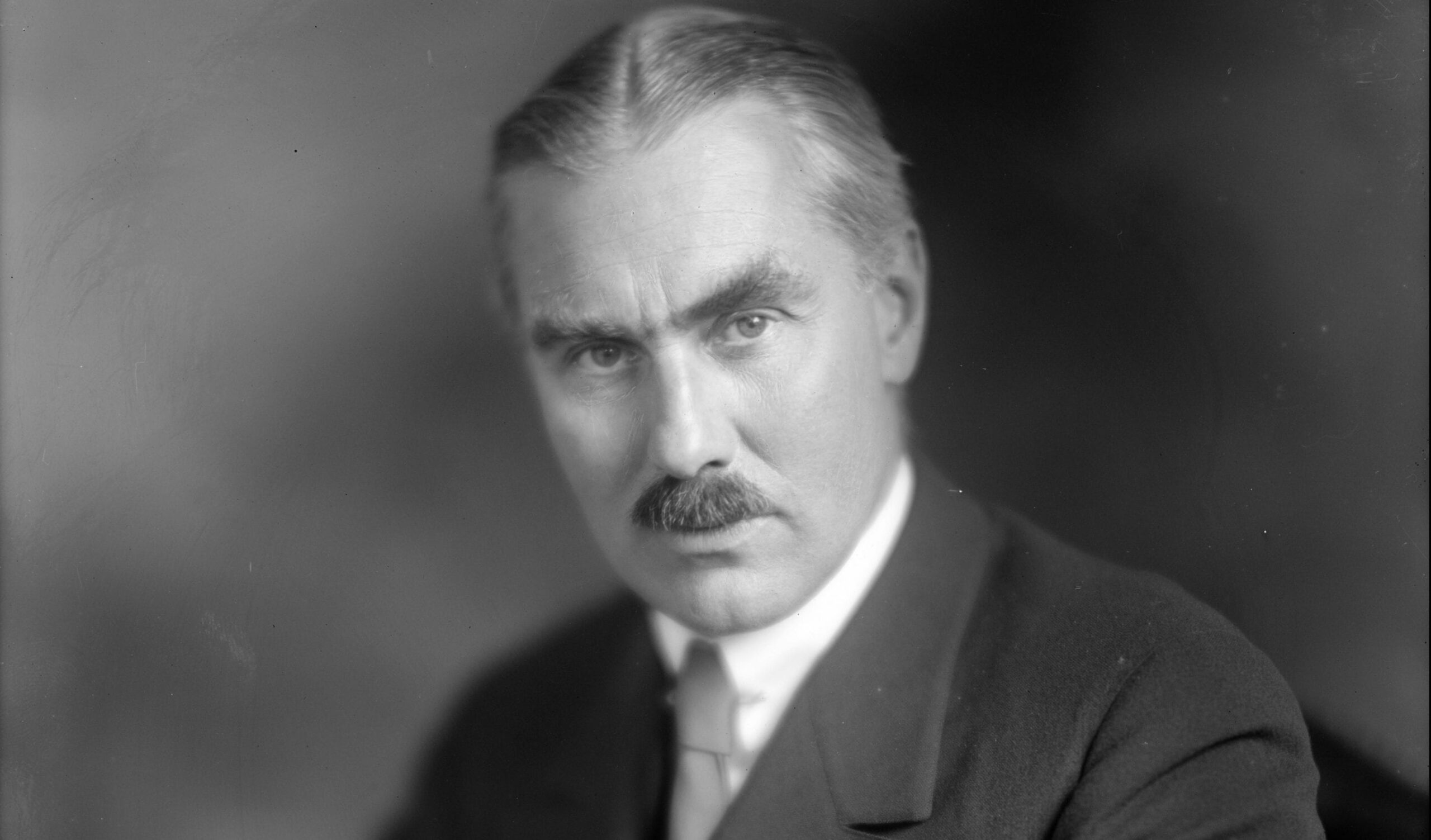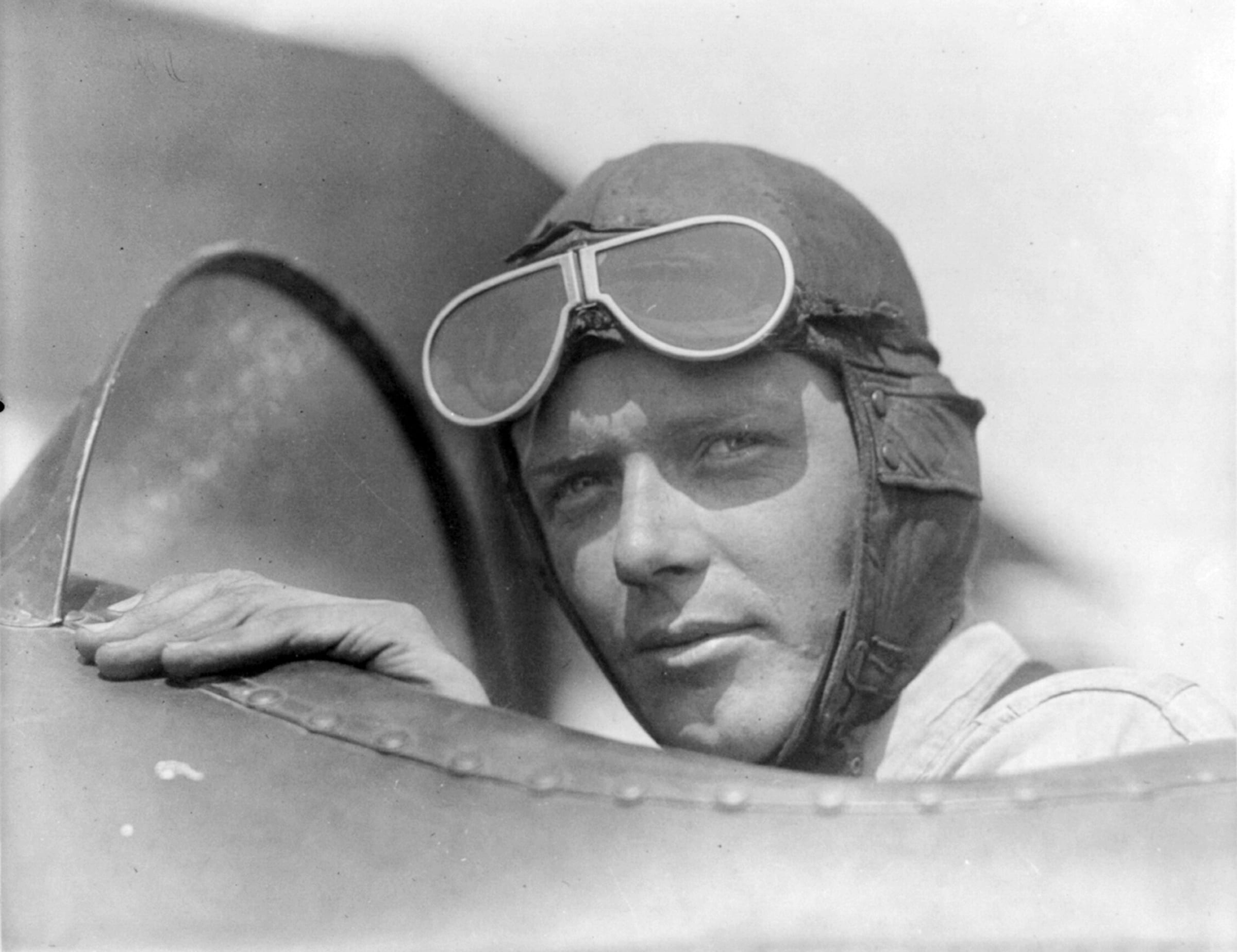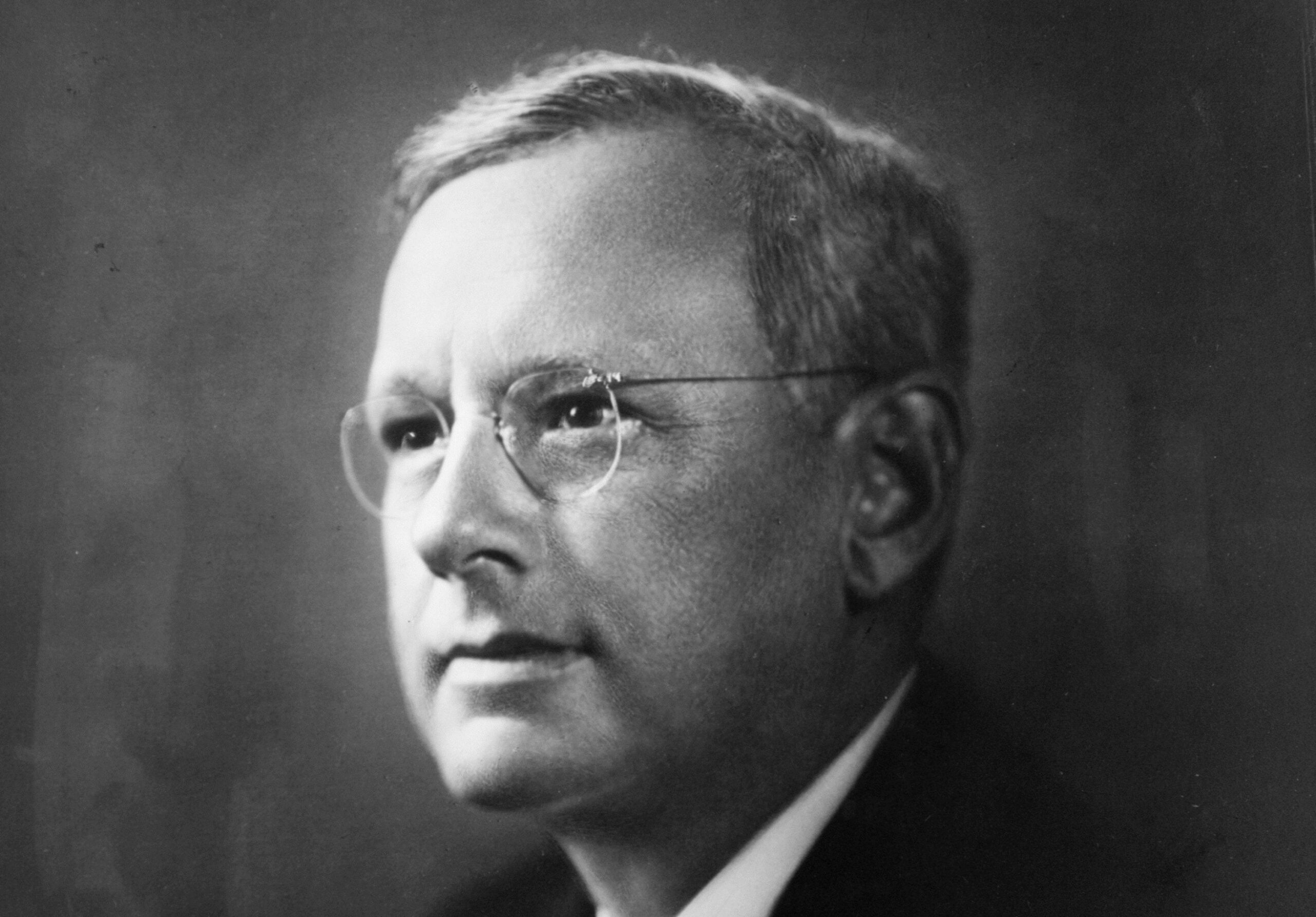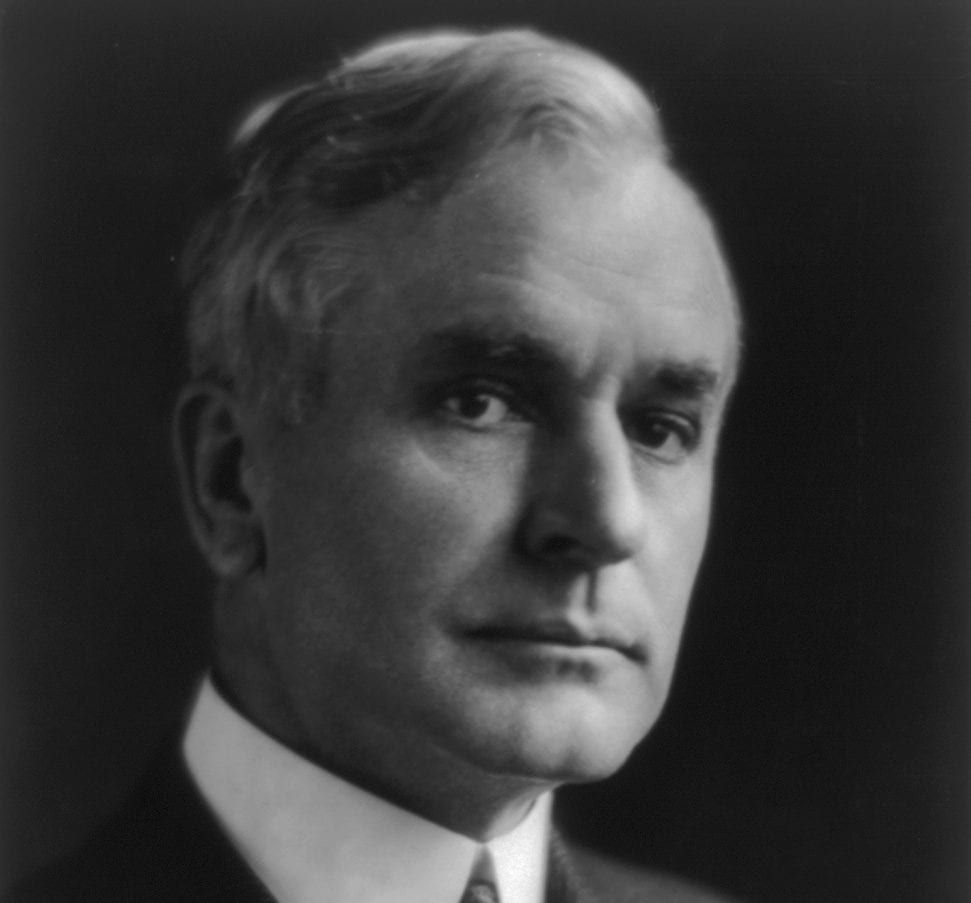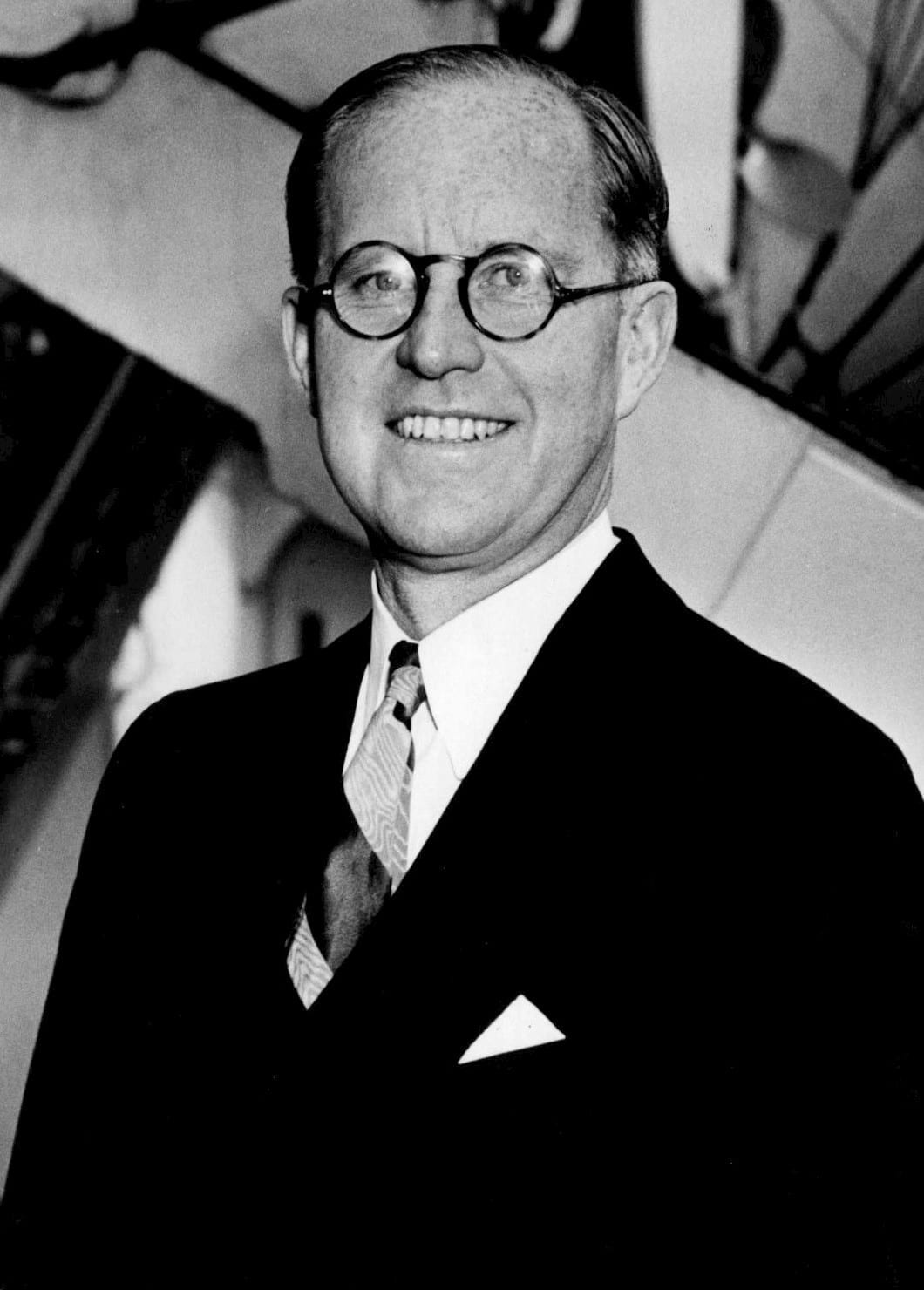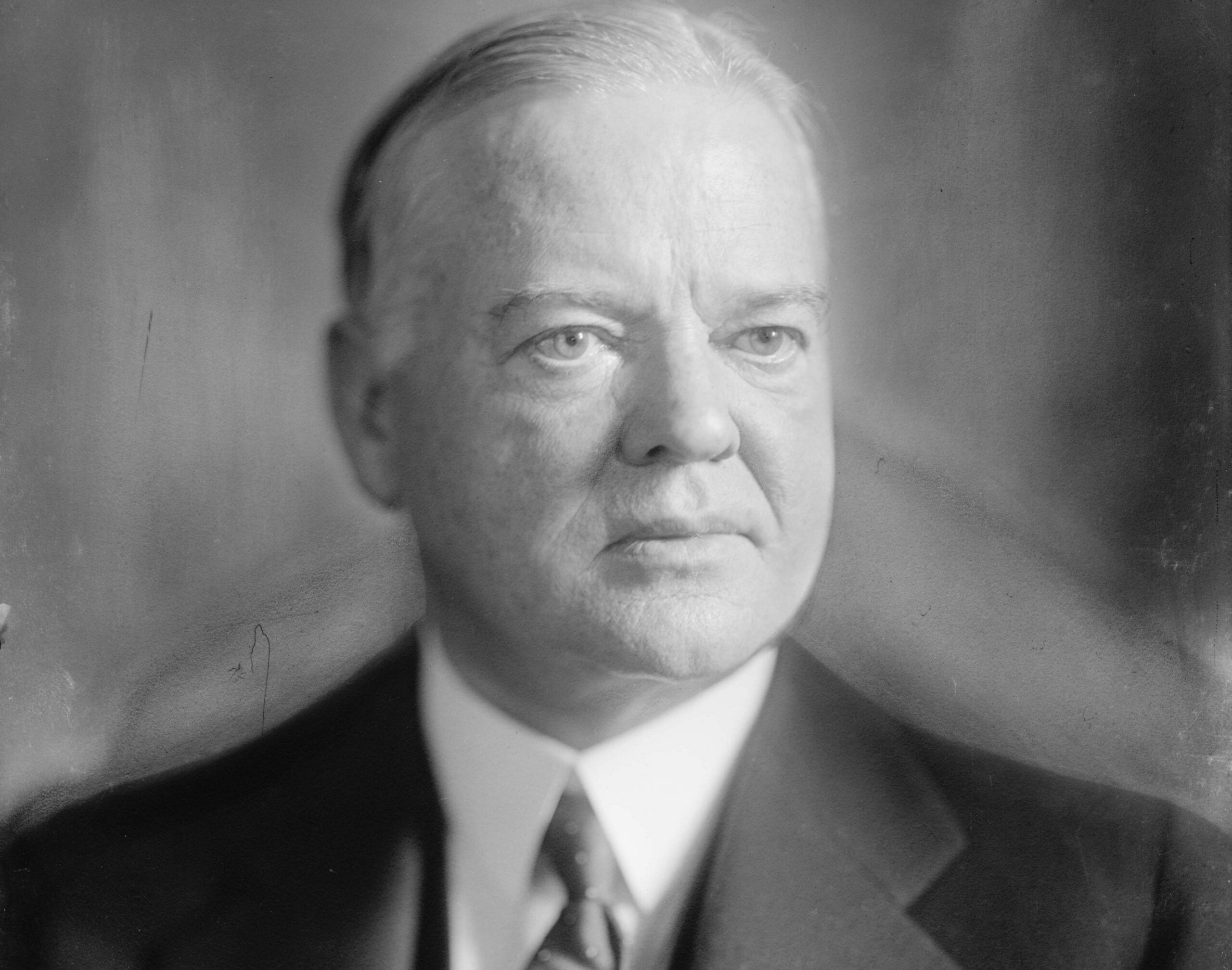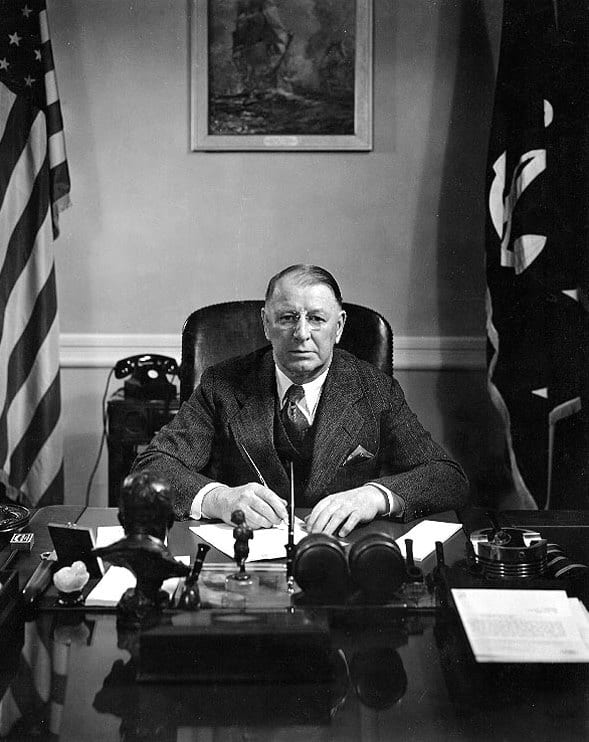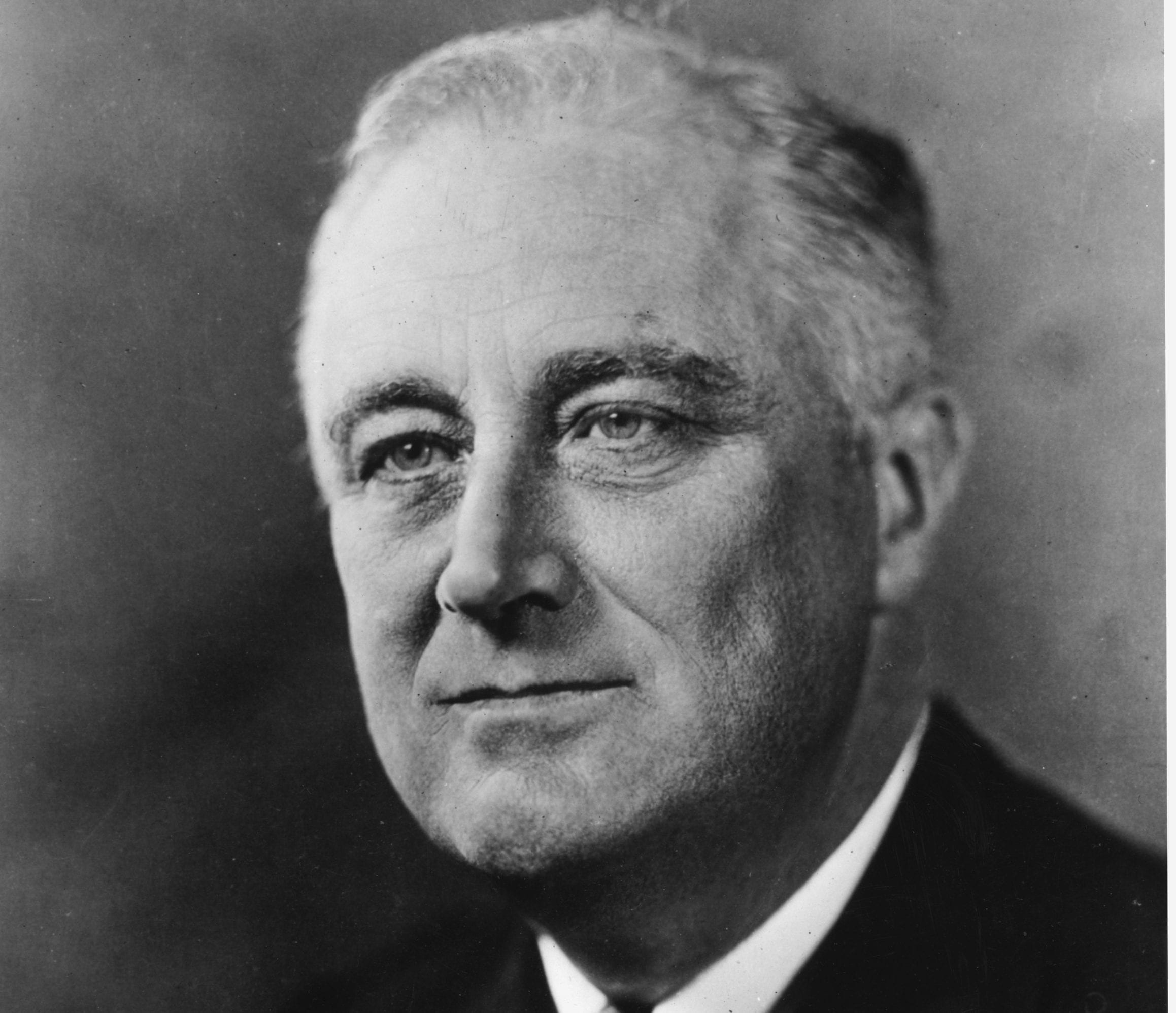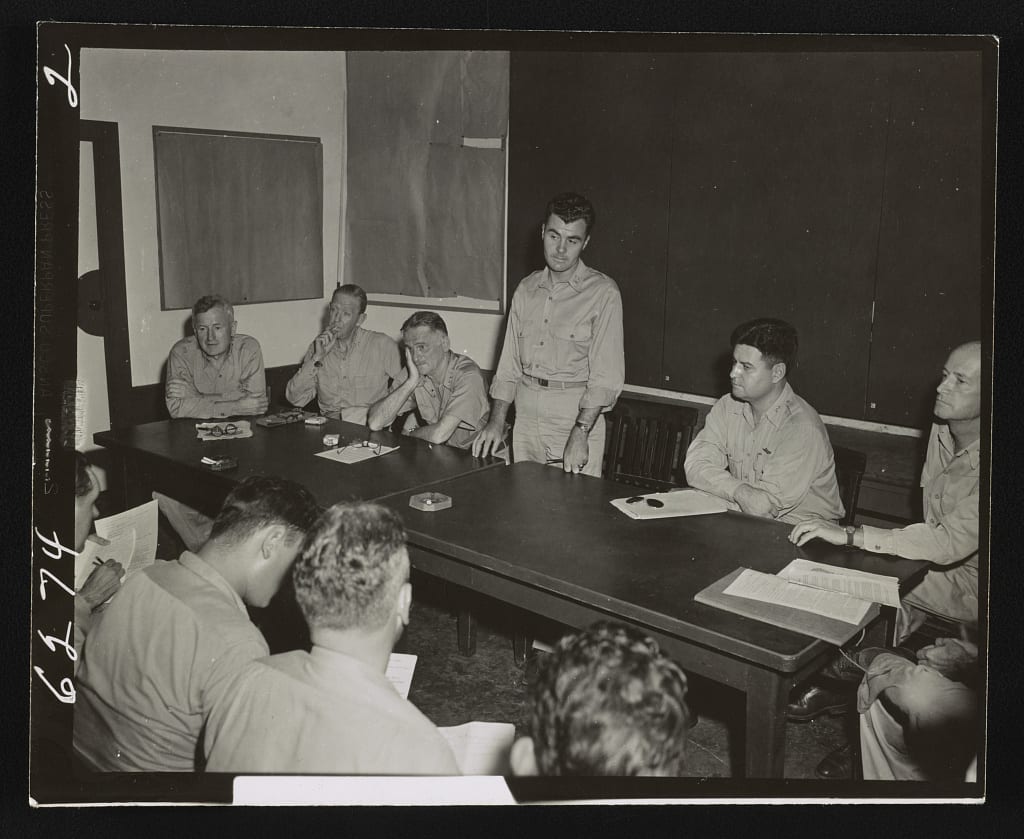
No study questions
No related resources
Is the march of events ordered and guided by eminent men, or do our leaders merely fall into their places at the heads of the moving columns? Is human progress the result of the resolves and deeds of individuals, or are these resolves and deeds only the outcome of time and circumstance? Is History the chronicle of famous men and women, or only of their responses to the tides, tendencies and opportunities of their age? Do we owe the ideals and wisdom that make our world to the glorious few, or to the patient anonymous innumerable many? The question has only to be posed to be answered. We have but to let the mind’s eye skim back over the story of nations, indeed to review the experience of our own small lives, to observe the decisive part which accident and chance play at every moment. If this or that had been otherwise, if this instruction had not been given, if that blow had not been struck, if that horse had not stumbled, if we had not met that woman, or missed or caught that train, the whole course of our lives would have been changed; and with our lives the lives of others, until gradually, in ever-widening circles, the movement of the world itself would have been affected. And if this be true of the daily experience of ordinary average people, how much more potent must be the deflection which the Master Teachers ? Thinkers, Discoverers, Commanders ? have imparted at every stage. True, they require their background, their atmosphere, their opportunity; but these were also the leverages which magnified their power. I have no hesitation in ranging myself with those who view the past history of the world mainly as the tale of exceptional human beings, whose thoughts, actions, qualities, virtues, triumphs, weaknesses and crimes have dominated the fortunes of the race. But we may now ask ourselves whether powerful changes are not coming to pass, are not already in progress or indeed far advanced. Is not mankind already escaping from the control of individuals? Are not our affairs increasingly being settled by mass processes? Are not modern conditions ? at any rate throughout the English-speaking communities ? hostile to the development of outstanding personalities and to their influence upon events: and lastly if this be true, will it be for our greater good and glory? These questions merit some examination from thoughtful people.
Certainly we see around us today a marked lack of individual leadership. The late Mr. John Morley, statesman and philanthropist, man of letters and man of affairs, some years ago toward the close of his life delivered an oration in which he drew attention to the decline in the personal eminence of the leaders in almost all the important spheres of thought and art. He contrasted the heads of the great professions in the early twentieth century with those who had shone in the mid-Victorian era. He spoke of ?the vacant Thrones? in Philosophy, History, Economics, Oratory, Statecraft, Poetry, Literature, Painting, Sculpture, and Music, which stood on every side. He pointed, as far as possible without offence, to the array of blameless mediocrities who strutted conscientiously around the seats of the mighty decked in their discarded mantles and insignia. The pith and justice of these reflections were unwelcome, but not to be denied. They are no less applicable to the United States. With every natural wish to be complimentary to our own age and generation, with every warning against ?singing the praises of former times?, it is difficult to marshal today in any part of the English-speaking world an assembly of notables who either in distinction or achievement can compare with those to whom our grandfathers so gladly paid attention and tribute.
It must be admitted that in one great sphere the thrones are neither vacant nor occupied by pygmies. Science in all its forms surpasses itself every year. The body of knowledge ever accumulating is immediately interchanged and the quality and fidelity of the research never flags. But here again the mass effect largely suppresses the individual achievement. The throne is occupied; but by a throng.
In part we are conscious of the enormous processes of collectivization which are at work among us. We have long seen the old family business, where the master was in direct personal touch with his workmen, swept out of existence or absorbed by powerful companies, which in their turn are swallowed by mammoth trusts. We have found in these processes, whatever hardships they may have caused to individuals, immense economic and social advantages. The magic of mass production has carried all before it. The public have a cheaper and even better article or a superior service; the workmen have better wages and greater security.
The results upon national character and psychology are more questionable. We are witnessing a great diminution in the number of independent people who had some standing of their own, albeit a small one, and who if they conducted their affairs with reasonable prudence could ?live by no man’s leave underneath the law?. They may be better off as the salaried officials of great corporations; but they have lost in forethought, in initiative, in contrivance, in freedom and in effective civic status.
These instances are but typical of what is taking place in almost every sphere of modern industrial life, and of what must take place with remorseless persistency, if we are to enjoy the material blessings which scientific and organized civilization is ready to bestow in measureless abundance.
In part, again, these changes are unconscious. Public opinion is formed and expressed by machinery. The newspapers do an immense amount of thinking for the average man and woman. In fact they supply them with such a continuous stream of standardized opinion, borne along upon an equally inexhaustible flood of news and sensation, collected from every part of the world every hour of the day, that there is neither the need nor the leisure for personal reflection. All this is but a part of a tremendous educating process. But it is an education which passes in at one ear and out at the other. It is an education at once universal and superficial. It produces enormous numbers of standardized citizens, all equipped with regulation opinions, prejudices and sentiments, according to their class or party. It may eventually lead to a reasonable, urbane and highly serviceable society. It may draw in its wake a mass culture enjoyed by countless millions to whom such pleasures were formerly unknown. We must not forget the enormous circulations at cheap prices of the greatest books of the world, which is a feature of modern life in civilized countries, and nowhere more than in the United States. But this great diffusion of knowledge, information and light reading of all kinds may, while it opens new pleasures to humanity and appreciably raises the general level of intelligence, be destructive of those conditions of personal stress and mental effort to which the masterpieces of the human mind are due.
It is a curious fact that the Russian Bolsheviks, in carrying by compulsion mass conceptions to their utmost extreme, seem to have lost not only the guidance of great personalities, but even the economic fertility of the process itself. The Communist theme aims at universal standardization. The individual becomes a function: the community is alone of interest: mass thoughts dictated and propagated by the rulers are the only thoughts deemed respectable. No one is to think of himself as an immortal spirit, clothed in the flesh, but sovereign, unique, indestructible. No one is to think of himself even as that harmonious integrity of mind, soul and body, which, take it as you will, may claim to be ?the Lord of Creation?. Subhuman goals and ideals are set before these Asiastic millions. The Beehive? No, for there must be no queen and no honey, or at least no honey for others. In Soviet Russia we have a society which seeks to model itself upon the Ant. There is not one single social or economic principle or concept in the philosophy of the Russian Bolshevik which has not been realized, carried into action, and enshrined in immutable laws a million years ago by the White Ant.
But human nature is more intractable than ant-nature. The explosive variations of its phenomena disturb the smooth working out of the laws and forces which have subjugated the White Ant. It is at once the safeguard and the glory of mankind that they are easy to lead and hard to drive. So the Bolsheviks, having attempted by tyranny and by terror to establish the most complete form of mass life and collectivism of which history bears record, have not only lost the distinction of individuals, but have not even made the nationalization of life and industry pay. We have not much to learn from them, except what to avoid.
Mass effects and their reactions are of course more pronounced in the leading nations than in more backward and primitive communities. In Great Britain, the United States, Germany, and France, the decline in personal pre-eminence is much more plainly visible than in societies which have less wealth, less power, less freedom. The great emancipated nations seem to have become largely independent of famous guides and guardians. They no longer rely upon the Hero, the Commander, or the Teacher as they did in bygone rugged ages, or as the less advanced peoples do today. They wend their way ponderously, unthinkingly, blindly, but nevertheless surely and irresistibly towards goals which are ill-defined and yet magnetic. Is it then true that civilization and democracy, when sufficiently developed, will increasingly dispense with personal direction; that they mean to find their own way for themselves; and that they are capable of finding the right way? Or are they already going wrong? Are they off the track? Have they quitted the stern, narrow high-roads which alone lead to glorious destinies and survival? Is what we now see in the leading democracies merely a diffusion and squandering of the accumulated wisdom and treasure of the past? Are we blundering on together in myriad companies, like innumerable swarms of locusts, chirping and devouring towards the salt sea, or towards some vast incinerator of shams and fallacies? Or have we for the first time reached those uplands whence all of us, even the humblest and silliest equally with the best, can discern for ourselves the beacon lights? Surely such an inquiry deserves an idle hour.
In no field of man’s activities is the tendency to mass effects and the suppression of the individual more evident than in modern war. The Armageddon through which we have recently passed displays the almost complete elimination of personal guidance. It was the largest and the latest of all wars. It was also the worst, the most destructive, and in many ways the most ruthless. Now that it is over we look back, and with minute and searching care seek to find its criminals and its heroes. Where are they? Where are the villains who made the War? Where are the deliverers who ended it? Facts without number, growing libraries, clouds of contemporary witnesses, methods of assembling and analyzing evidence never before possessed or used among men are at our disposal. The quest is keen. We ought to know; we mean to know. Smarting under our wounds, enraged by our injuries, amazed by our wonderful exertions and achievements, conscious of our authority, we demand to know the truth, and to fix the responsibilities. Our halters and our laurels are ready and abundant.
But what is the answer? There is no answer. On the one hand, the accusations eagerly pressed, now against this man or Government or nation, now against that, seem to dissipate themselves as the indictment proceeds. On the other, as the eager claimants for the honour of being the man, the Government, the nation THAT ACTUALLY WON THE WAR multiply and as their self-advocacy becomes more voluble, more strident, we feel less and less convinced. The Muse of History to whom we all so confidently appeal has become a Sphinx. A sad, half-mocking smile flickers on her stone war-scarred lineaments. While we gaze, we feel that the day will never come when we shall learn the answer for which we have clamoured. Meanwhile the halters rot and the laurels fade. Both the making and the winning of the most terrible and the most recent of earthly struggles seems to have been a co-operative affair!
Modern conditions do not lend themselves to the production of the heroic or super-dominant type. On the whole they are fatal to pose. The robes, the wigs, the ceremonies, the grades that fortified the public men and ruling functionaries of former centuries have fallen into disuse in every country. Even ?the Divinity that doth hedge a King? is considered out of place except on purely official occasions. Sovereigns are admired for their free and easy manners, their readiness to mingle with all classes, their matter-of-fact work-a-day air, their dislike of pomp and ritual. The Minister or President at the head of some immense sphere of business, whose practical decisions from hour to hour settle so many important things, is no longer a figure of mystery and awe. On the contrary he is looked upon and, what is more important for our present purpose, looks upon himself as quite an ordinary fellow, who happens to be charged for the time being with a peculiar kind of large-scale work. He hustles along with the crowd in the public conveyances, or attired in ?plus fours? waits his turn upon the links. All this is very jolly, and a refreshing contrast to the ridiculous airs and graces of the periwigged potentates of other generations. The question is whether the sense of leadership, and the commanding attitude towards men and affairs, are likely to arise from such simple and unpretentious customs and habits of mind; and further, whether our public affairs will now for the future run on quite happily without leaders who by their training and situation, no less than by their abilities, feel themselves to be uplifted above the general mass.
The intense light of war illuminates as usual this topic more clearly than the comfortable humdrum glow of peace. We see the modern commander entirely divorced from the heroic aspect by the physical conditions which have overwhelmed his art. No longer will Hannibal and Caesar, Turenne and Marlborough, Frederick and Napoleon, sit their horses on the battlefield and by their words and gestures direct and dominate between dawn and dusk the course of a supreme event. No longer will their fame and presence cheer their struggling soldiers. No longer will they share their perils, rekindle their spirits and restore the day. They will not be there. They have been banished from the fighting scene, together with their plumes, standards and breastplates. The lion-hearted warrior, whose keen eye detected the weakness in the foeman’s line, whose resolve outlasted all the strains of battle, whose mere arrival at some critical point turned the tide of conflict, has disappeared. Instead our Generals are to be found on the day of battle at their desks in their offices fifty or sixty miles from the front, anxiously listening to the trickle of the telephone for all the world as if they were speculators with large holdings when the market is disturbed.
All very right and worthy. They are at their posts. Where else, indeed, should they be? The tape-machine ticks are recording in blood-red ink that railways are down or utilities up, that a bank has broken here, and a great fortune has been captured there. Calm sits the General; he is a high-souled speculator. He is experienced in finance. He has survived many market crashes. His reserves are ample and mobile. He watches for the proper moment, or proper day ? for battles now last for months ? and then launches them to the attack. He is a fine tactician, and knows the wiles of bull and bear, of attack and defence, to a nicety. His commands are uttered with decision. Sell fifty thousand of this. Buy at the market a hundred thousand of that. Ah! No, we are on the wrong track. It is not shares he is dealing in. It is the lives of scores of thousands of men. To look at him at work in his office you would never have believed that he was fighting a battle in command of armies ten times as large and a hundred times as powerful as any that Napoleon led. We must praise him if he does his work well, if he sends the right messages, and spends the right troops, and buys the best positions. But it is hard to feel that he is the hero. No; he is not the hero. He is the manager of a stock-market, or a stock-yard.
The obliteration of the personal factor in war, the stripping from high commanders of all the drama of the battlefield, the reducing of their highest function to pure office work, will have profound effects upon sentiment and opinion. Hitherto the great captain has been rightly revered as the genius who by the firmness of his character, and by the mysterious harmonies and inspirations of his nature, could rule the storm. He did it himself; and no one else could do it so well. He conquered there and then. Often he fell beneath the bolts and the balls, saviour of his native land. Now, however illogical it may seem and even unjust, his glamour and honours will not readily descend upon our calculating friend at the telephone. This worthy must assuredly be rewarded as a useful citizen, and a faithful perspicacious public servant; but not as a hero. The heroes of modern war lie out in the cratered fields, mangled, stifled, scarred; and there are too many of them for exceptional honours. It is mass suffering, mass sacrifice, mass victory. The glory which plays upon the immense scenes of carnage is diffused. No more the blaze of triumph irradiates the helmets of the chiefs. There is only the pale light of a rainy dawn by which forty miles of batteries recommence their fire, and another score of divisions flounder to their death in mud and poison gas.
That was the last war. The wars of the future will be even less romantic and picturesque. They will apparently be the wars not of armies but of whole populations. Men, women and children, old and feeble, soldiers and civilians, sick and wounded ? all will be exposed, so we are told, to aerial bombardment, that is to say, to mass destruction by lethal vapour. There will not be much glory for the General in this process. My gardener last spring exterminated seven wasps’ nests. He did his work most efficiently. He chose the right poison. He measured the exact amount. He put it stealthily in the right place, at the right time. The entire communities were destroyed. Not even one wasp got near enough to sting him. It was his duty and he performed it well. But I am not going to regard him as a hero.
So when some spectacled ?brass hat? of a future world-agony has extinguished some London or Paris, some Tokyo or San Francisco, by pressing a button, or putting his initials neatly at the bottom of a piece of foolscap, he will have to wait a long time for fame and glory. Even the flashlights of the photographers in the national Ministry of Propaganda will be only a partial compensation. Still our Commander-in-Chief may be a man of exemplary character, most painstaking and thorough in his profession. He may only be doing what in all the circumstances some one or other would have to do. It seems rather hard that he should receive none of the glory which in former ages would have been the attribute of his office and the consequence of his success. But this is one of the mass effects of modern life and science. He will have to put up with it.
From this will follow blessed reactions. The idea of war will become loathsome to humanity. The military leader will cease to be a figure of romance and fame. Youth will no longer be attracted to such careers. Poets will not sing nor sculptors chisel the deeds of conquerors. It may well be that the chemist will carry off what credit can be found. The budding Napoleons will go into business, and the civilization of the world will stand on a surer basis. We need not waste our tears on the mass effects in war. Let us return to those of peace.
Can modern communities do without great men? Can they dispense with hero-worship? Can they provide a larger wisdom, a nobler sentiment, a more vigorous action, by collective processes, than were ever got from the Titans? Can nations remain healthy, can all nations draw together, in a world whose brightest stars are film stars and whose gods are sitting in the gallery? Can the spirit of man emit the vital spark by machinery? Will the new problems of successive generations be solved successfully by ?the common sense of most?, by party caucuses, by Assemblies whose babble is no longer heeded? Or will there be some big hitch in the forward march of mankind, some intolerable block in the traffic, some vain wandering into the wilderness; and will not then the need for a personal chief become the mass desire?
We see a restlessness around us already. The cry of ?Measures, not Men? no longer commands universal sympathy. There is a sense of vacancy and of fatuity, of incompleteness. We miss our giants. We are sorry that their age is past. The general levels of intelligence and of knowledge have risen. We are upon a high plateau. A peak of 10,000 feet above the old sea-level is scarcely noticeable. There are so many such eminences that we hardly bother about them. The region seems healthy, but the scenery is unimpressive. We mourn the towering grandeur which surrounded and cheered our long painful ascent. Ah! If we could only find some new enormous berg rising towards the heavens as high above our plateau as those old mountains down below rose above the plains and marshes! We want a monarch peak, with base enormous, whose summit is for ever hidden from our eyes by clouds, and down whose precipices cataracts of sparkling waters thunder. Unhappily the democratic plateau or platform does not keep that article in stock. Perhaps something like it might be worked up by playing spotlights upon pillars of smoke or gas and using the loud-speaker apparatus. But we soon see through these pretences.
No, we must take the loss with the gain. On the uplands there are no fine peaks. We must do without them while we stay there. Of course we could always, if we wished, go down again into the plains and valleys out of which we have climbed. We may even wander thither unwittingly. We may slide there. We may be pushed there. There are still many powerful nations dwelling at these lower levels, some contentedly, some even proudly. They often declare that life in the valleys is preferable. There is, they say, more variety, more beauty, more grace, more dignity, more true health and fertility than upon the arid highlands. They say this middle situation is better suited to human nature. The arts flourish there, and science need not be absent. Moreover, it is pleasing to look back over the plains and morasses through which our path has lain in the past, and remember in tradition the great years of pilgrimage. Then they point to the frowning crag, their venerated ?El Capitan? or ?Il Duce?, casting its majestic shadow in the evening light; and ask whether we have anything like that up there. We certainly have not.
Fifty Years Hence
December, 1931
Conversation-based seminars for collegial PD, one-day and multi-day seminars, graduate credit seminars (MA degree), online and in-person.

